Authors
A


undefined

undefined

undefined

undefined

undefined

undefined

undefined

undefined

undefined

undefined

undefined
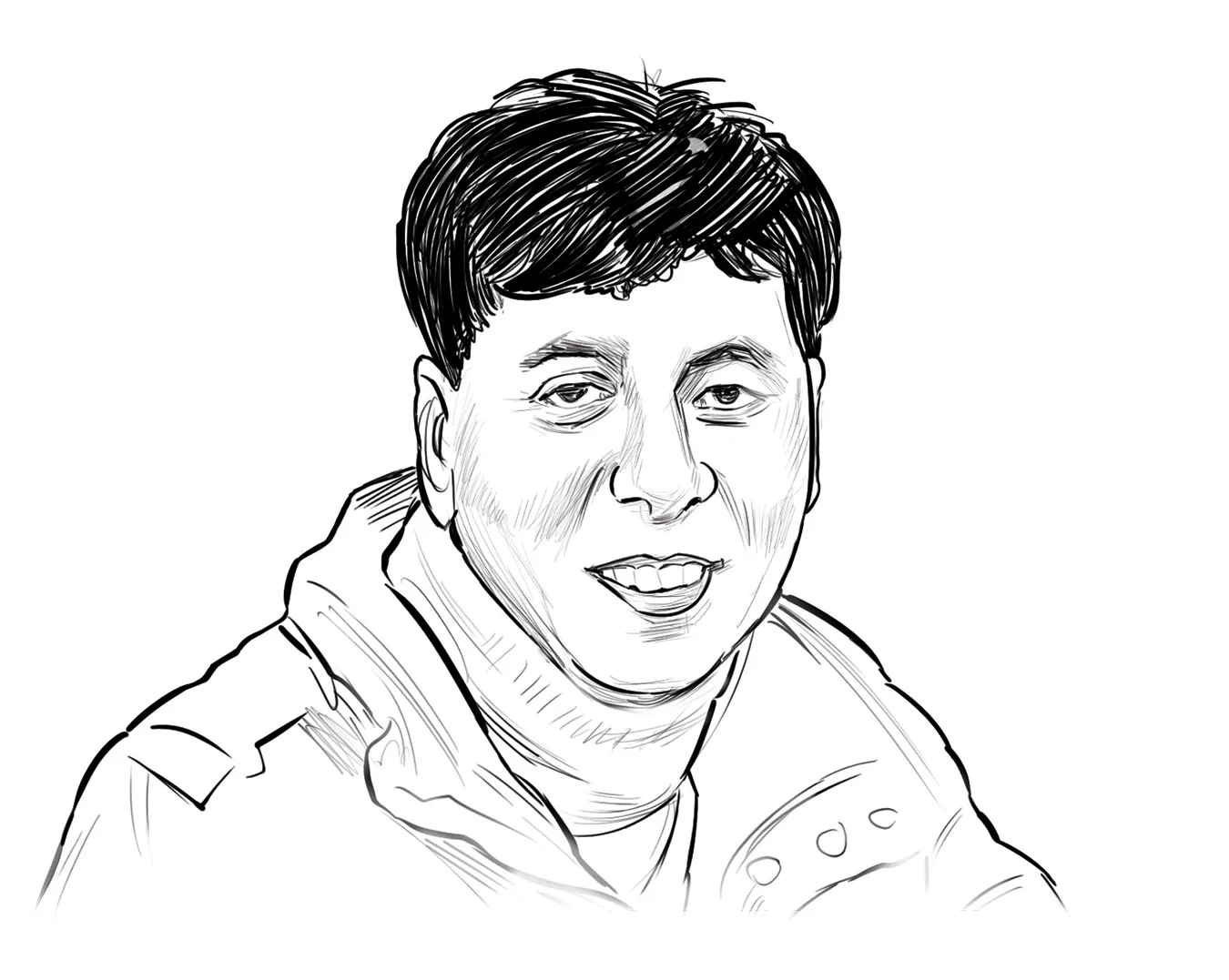
Arijit Ghosh is a veteran Indian Air Force Wing Commander who played Ranji Trophy for the Services. He is the author of the book Air Warriors.

undefined

undefined

undefined

undefined

undefined

undefined

undefined

undefined

undefined

undefined

undefined

undefined

undefined

undefined

undefined

undefined

undefined

undefined

undefined

undefined

undefined

undefined

A Value Research-Outlook Money study
undefined

undefined

Ashish Gupta and Ashwini Phadnis
undefined

undefined

undefined

undefined

undefined

undefined

undefined

undefined

undefined

undefined

undefined

undefined

undefined

undefined

undefined

undefined

undefined

Amborish Roychoudhury is a national film award-winning writer, journalist and film historian

Arijit Ghosh is a veteran Indian Air Force Wing Commander who played Ranji Trophy for the Services. He is the author of the book Air Warriors.

undefined

undefined

undefined

undefined

undefined

Akshat Mehta and Priyanshi Jain
undefined

undefined

undefined

undefined

undefined

undefined

undefined

undefined

undefined

undefined

undefined

undefined

undefined

Ashwani Sharma Senior State Correspondent with the Outlook. A seasoned journalist with over 30 years of experience in reporting and analysis. Has served as the State Bureau Chief for The Indian Express in Shimla, Himachal Pradesh, and has also worked in Raipur, Chhattisgarh, as well as in Chandigarh, Rohtak (Haryana), and Jammu. Holds a doctorate in Journalism and Mass Communication.

undefined

undefined

undefined

Ashita Munjral and Drishti Chhiber
undefined

undefined

undefined

undefined

undefined

undefined

undefined

undefined

undefined

undefined

undefined

undefined

undefined

undefined

undefined

undefined

undefined

undefined

undefined

undefined

undefined

undefined

undefined

undefined

undefined

undefined

undefined

undefined

undefined

undefined

undefined

undefined

undefined

undefined

undefined

undefined

undefined

undefined

undefined

undefined

undefined
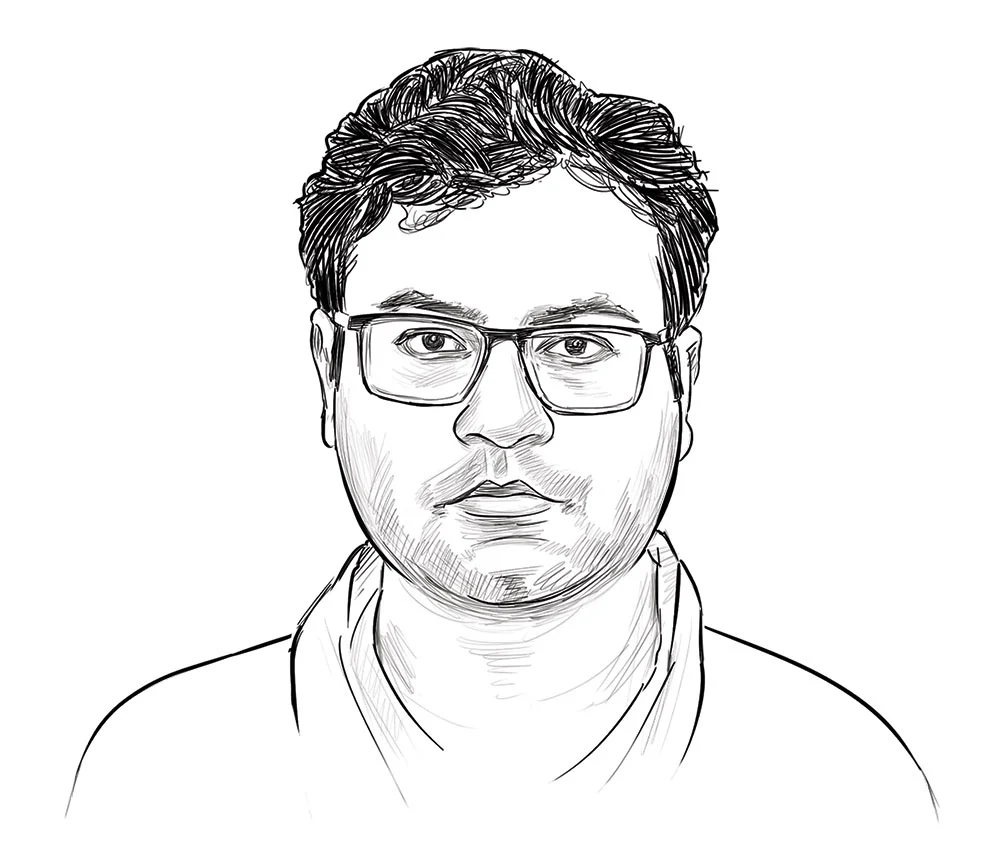
Ankit Singh is a teaching assistant at the Department Of Social Sciences, Faculty Of Liberal Arts And Professional Studies, York University, Toronto

undefined

undefined

Air Marshal (retd.) Anil Chopra
undefined

undefined

undefined

undefined

undefined

undefined

undefined

undefined

undefined

undefined

undefined

undefined
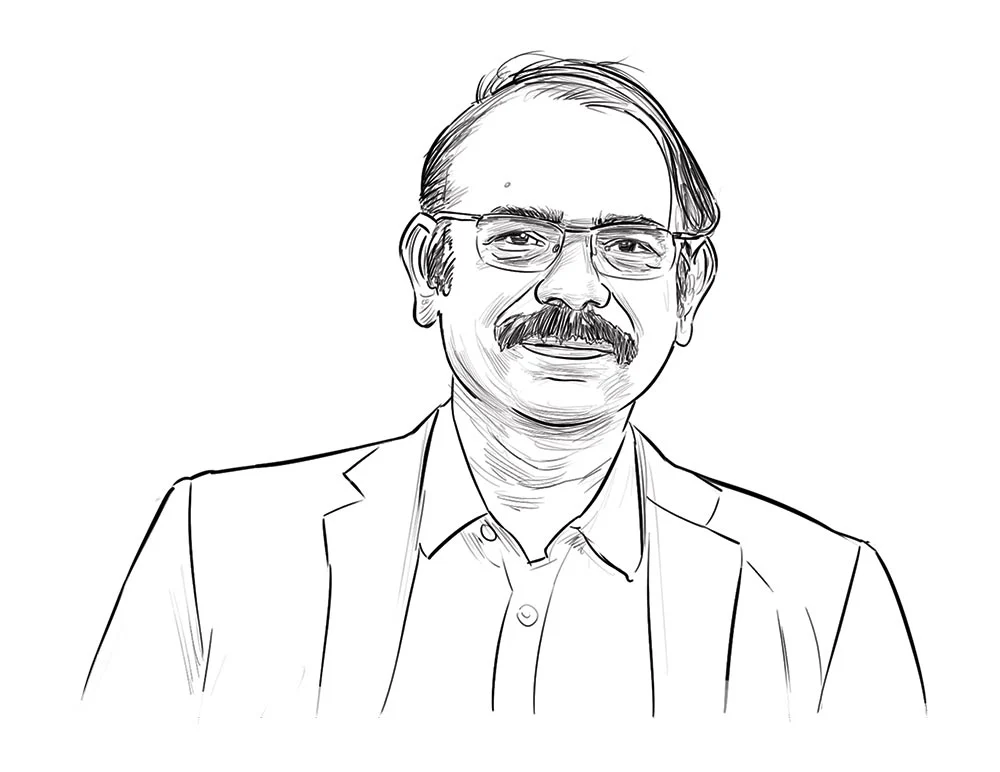
A. S. Panneerselvan is the director general of the Chennai institute of journalism. He has more than four decades of experience in journalism

undefined

undefined

undefined

undefined

undefined

undefined

undefined

undefined

undefined

undefined

undefined

undefined

undefined

undefined

undefined

undefined

undefined

undefined

undefined

undefined

undefined

undefined

undefined

undefined

undefined

undefined

undefined

undefined

undefined
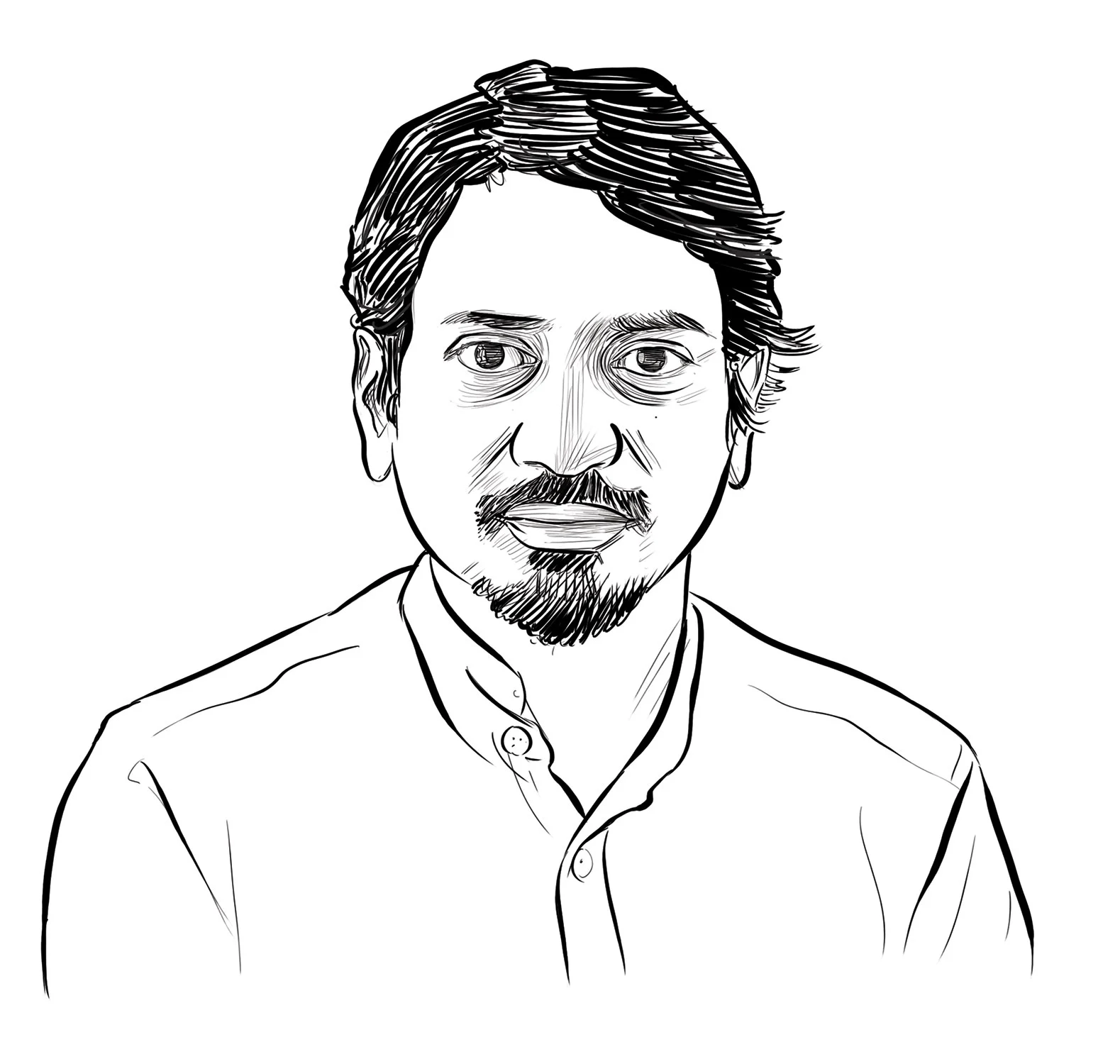
Anand Vasu is an award-winning cricket journalist who has co-authored Cricket Drona - For the Love of Vasoo Paranjape.

undefined

undefined

undefined

undefined

undefined

undefined

undefined

undefined

undefined

undefined

undefined

undefined

undefined

undefined

undefined

undefined

undefined

undefined

undefined

undefined

undefined

undefined

undefined

undefined

undefined

undefined

undefined

undefined

undefined

undefined

undefined

undefined

undefined

undefined

undefined

undefined

undefined

undefined

undefined

undefined

undefined

undefined

undefined

undefined

undefined

undefined

undefined

undefined

undefined

undefined

undefined

undefined

undefined

undefined
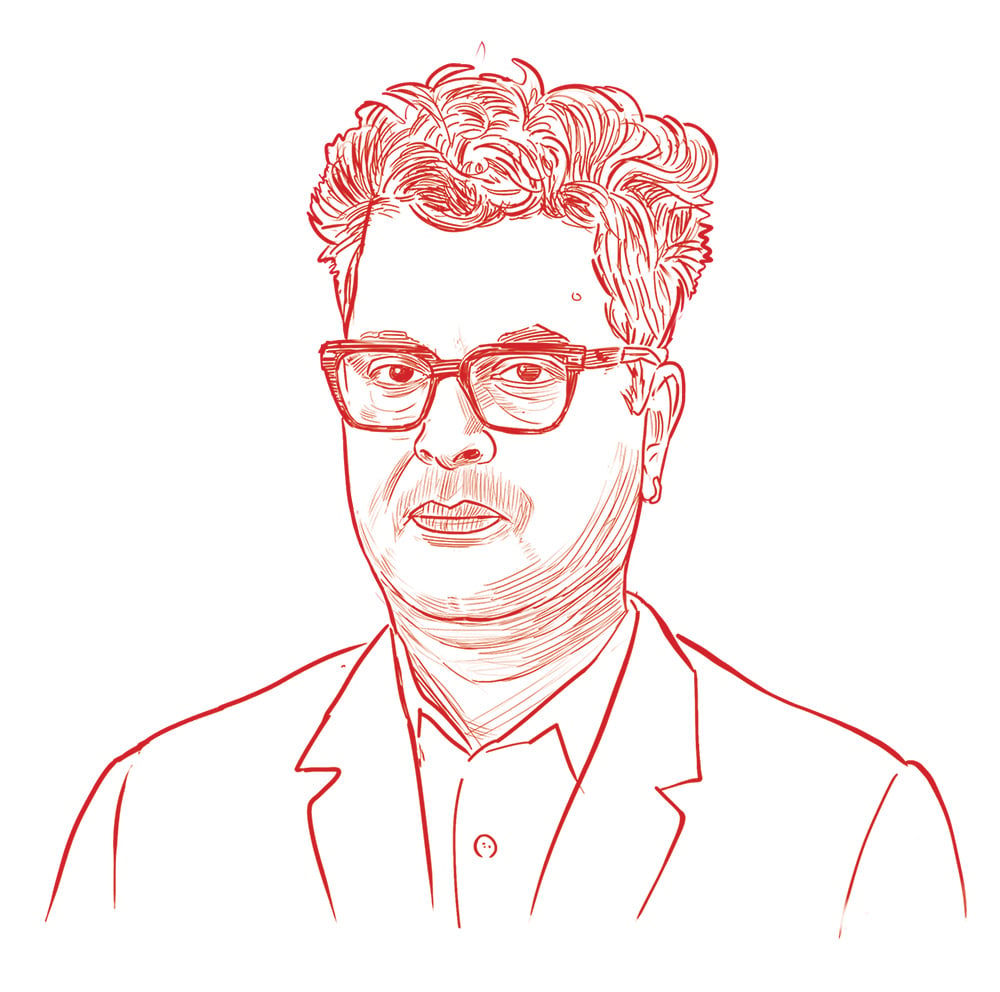
Amitava Kumar is a writer and artist who is Professor of English at Vassar College in upstate New York

undefined

undefined

undefined

undefined

undefined

undefined

undefined

undefined

undefined

undefined

undefined

undefined

undefined

undefined

undefined

undefined

undefined

undefined

undefined

undefined

undefined

undefined

undefined

undefined

undefined

undefined

undefined

All India Democratic Women's Association (AIDWA)
undefined

undefined

undefined

undefined

undefined

undefined

undefined

undefined

undefined

undefined

undefined

undefined

undefined

undefined

undefined

undefined

undefined

undefined

undefined

undefined

undefined

undefined

undefined

undefined

undefined

undefined

undefined

undefined

undefined

undefined

undefined

undefined

undefined

undefined

undefined

undefined

undefined

undefined

undefined

undefined

undefined

undefined

undefined

undefined

undefined

undefined

undefined

undefined

undefined

undefined

undefined

undefined

undefined

undefined

undefined

undefined

undefined

undefined

undefined

undefined

undefined

undefined

undefined

undefined

undefined

undefined

undefined

undefined

undefined

undefined

undefined

undefined
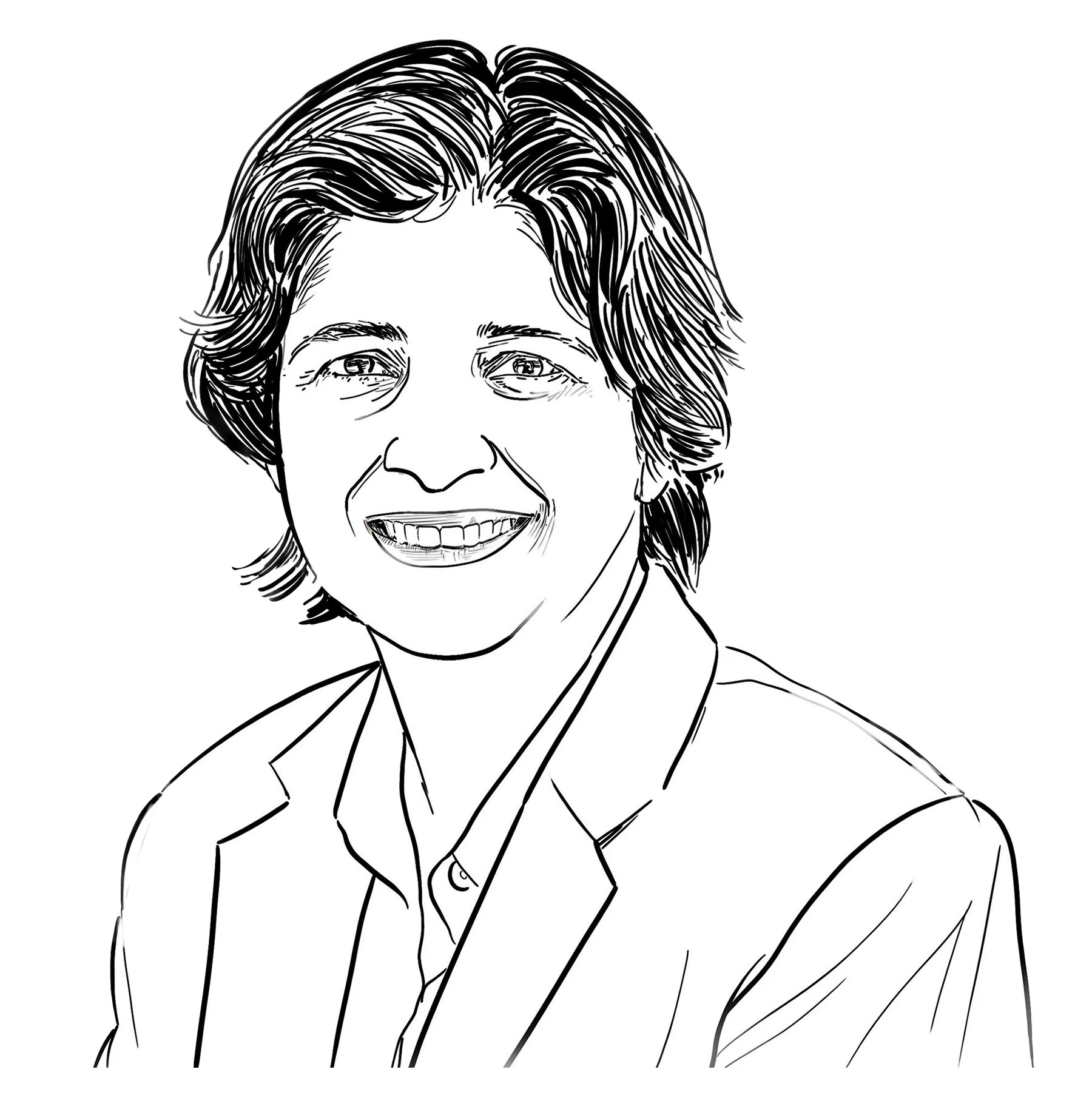
Aparna Pande is director of the initiative on the future of India and South Asia at the Washington-based Hudson Institute

undefined

undefined

undefined

undefined

undefined

undefined

undefined

undefined

undefined

undefined

undefined

undefined

undefined

undefined

undefined

undefined

undefined

undefined

undefined

undefined

undefined

undefined

undefined

undefined

undefined

undefined

undefined

undefined

undefined

undefined

undefined

undefined

Aditya Nigam is a political theorist based in Delhi and was earlier with the Centre for the Study of Developing Societies.

undefined

undefined

undefined

undefined

undefined

undefined

undefined

undefined

undefined

undefined

undefined

undefined

undefined

undefined

undefined

undefined

undefined

undefined

undefined

undefined

undefined

undefined

undefined

undefined

undefined

undefined

undefined

undefined

undefined

undefined

undefined

undefined

undefined

undefined

undefined

undefined

undefined

undefined

undefined

undefined

undefined

undefined

undefined

undefined

undefined

undefined

undefined

Association for Democratic Reforms (ADR)
undefined

undefined

undefined

undefined

undefined

undefined

undefined

undefined

undefined

undefined

undefined

undefined

undefined

undefined

undefined

undefined

Amit Shah (publishing executive)
undefined

undefined

undefined

undefined

undefined

undefined

undefined

undefined

undefined

undefined

undefined

undefined

undefined

undefined

undefined

undefined

undefined

undefined

undefined

undefined

undefined

undefined

undefined

undefined

undefined

undefined

undefined

Anjula Gurtoo
Nidhi Sharma and Deepika Swamiundefined

undefined

undefined

undefined

undefined

undefined

undefined

undefined

undefined

undefined

undefined

undefined

undefined

undefined

undefined

undefined

undefined

undefined

undefined

undefined

undefined

undefined

Akshay Ravi
Ria Basu and Suchi Mahajanundefined

undefined

undefined

undefined

undefined

undefined

undefined

Anumeha Verma and Debjeet Sarangi
undefined

undefined

undefined

undefined

undefined

undefined

undefined

undefined

undefined

undefined

undefined

undefined

undefined

undefined

undefined

undefined

undefined

undefined

undefined

undefined

undefined

undefined

undefined

undefined

undefined

undefined

undefined

undefined

undefined

undefined

undefined

Arabinda K Padhee and B. Rajender
undefined

undefined

Abdul Halim and Bijayalaxmi Panda
undefined

undefined

undefined

undefined

undefined

undefined

undefined

undefined

undefined

undefined

undefined

undefined

Ashish Mukherjee
Project Director (Udaan)
IPE Global Ltd.undefined

Aurko Mahapatra and Akash Baghar
undefined

undefined

undefined

undefined

undefined

undefined

undefined

undefined

undefined

Arjan de Wagt
Eleanor Rogers And Othersundefined

undefined

undefined

undefined

undefined

undefined

undefined

undefined

undefined

undefined

undefined

undefined

undefined

undefined

undefined

undefined

undefined

undefined

undefined

undefined

undefined

undefined

undefined

undefined

undefined

undefined

undefined

undefined

undefined

undefined

undefined

undefined

undefined

undefined

undefined

undefined

undefined

undefined

undefined

undefined

undefined

undefined

undefined

undefined

undefined

undefined

undefined

undefined
Journalist based in Bengaluru, Karnataka. Cover issues ranging from gender, education, human rights and politics, with specific interest in stories coming out of South India.

undefined

undefined

undefined

undefined

undefined

undefined

undefined

undefined

undefined

undefined

undefined

undefined

undefined

undefined

undefined

undefined

undefined

undefined



undefined
Abhishek is a passionate gamer and versatile writer with a deep appreciation for storytelling across various genres. Whether exploring the latest trends in video games, analyzing pop culture, or diving into tech, Abhishek brings a unique perspective and a sharp eye for detail to every piece. With a keen interest in gaming strategies, game design, and narrative mechanics, Abhishek blends personal experience with expert insights to create engaging, thought-provoking content. When not immersed in the virtual world, Abhishek enjoys exploring new hobbies, travelling, sharing knowledge, and staying on top of emerging cultural trends.
Amit comes from New Delhi and is a gaming enthusiast who loves playing all kinds of new games. He spends his time playing all kinds of mobile and computer games. He has a keen interest in learning about all types of games. Once he is done gaming, he loves writing about it.

Journalist writing on culture, politics and sports. With editorial experience across major print and digital publications, Agnideb likes to look at society through the prism of facts, empathy and a dash of essential irony.

undefined

undefined
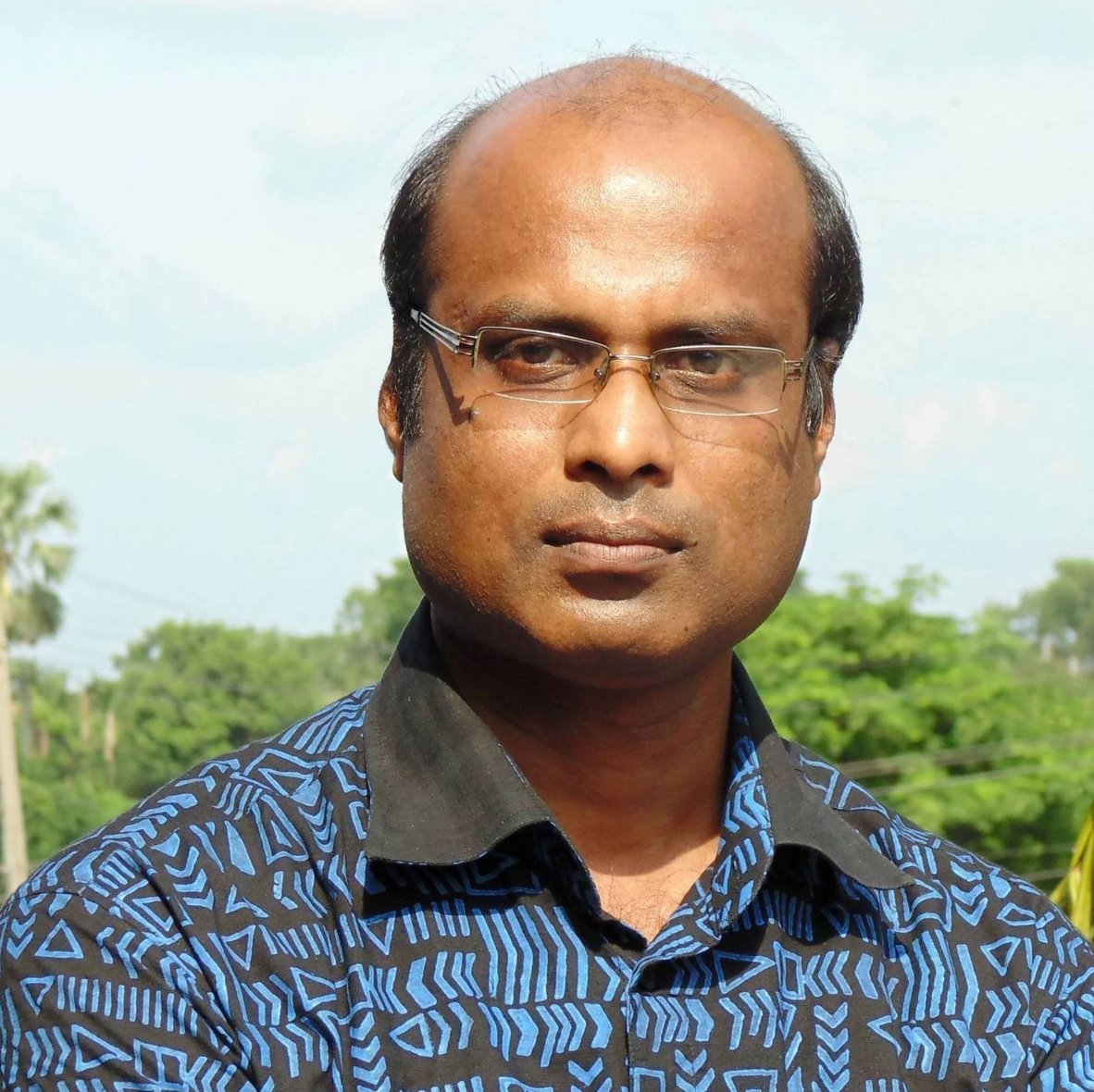
The author, A K M Wahiduzzaman, is the Information and Technology Affairs Secretary of the Bangladesh Nationalist Party-BNP.

undefined

undefined

undefined

undefined

undefined

undefined

undefined

undefined

undefined

undefined

undefined

undefined

undefined

undefined

undefined

undefined

undefined

undefined

undefined

undefined

Aditya Sondhi is a Senior Advocate






undefined

undefined


undefined

undefined

undefined

undefined

undefined

undefined

undefined

undefined

undefined

undefined

undefined

undefined

undefined

undefined

undefined

undefined

undefined

undefined

undefined

undefined
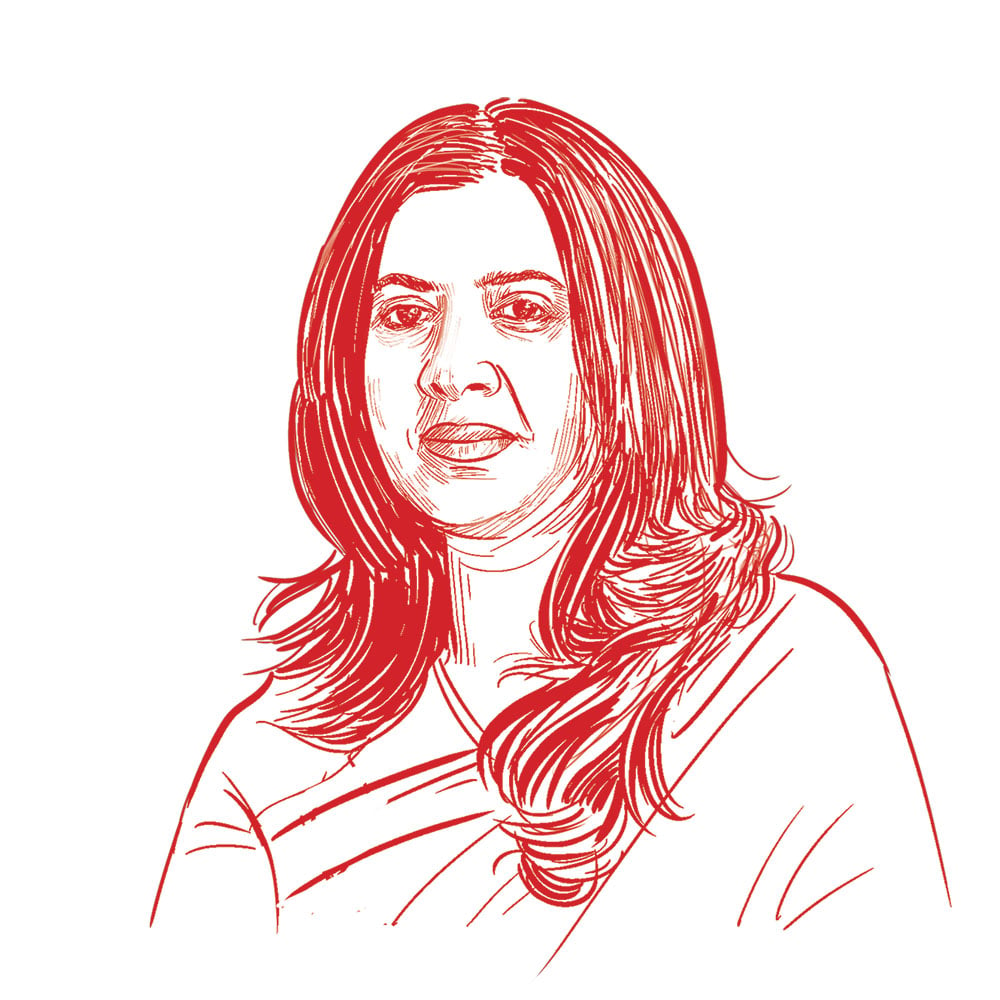
Arundhathi Subramaniam is the author of 15 books of poetry and prose. Her recent work includes the poetry collection The Gallery of Upside Down Women and the book of essays, Women Who Wear Only Themselves. She is the winner of several honours, including the Sahitya Akademi Prize for Poetry, the Il Ceppo Prize in Italy, the Mahakavi Kanhaiyalal Sethia Award and the inaugural Khushwant Singh Prize for Poetry

undefined

undefined

undefined

undefined

undefined

undefined

undefined

undefined

undefined

undefined

undefined

undefined

undefined

undefined

undefined

undefined

undefined

undefined

undefined

undefined

undefined

undefined

Air Marshal (retd.) Anil Chopra
undefined

undefined

undefined

undefined

undefined

undefined

undefined

undefined

undefined

undefined

undefined

undefined

undefined

Amitava Kumar is a writer and artist who is Professor of English at Vassar College in upstate New York

undefined

undefined

undefined

undefined

undefined

undefined

undefined

undefined

undefined

undefined

undefined

undefined

undefined

undefined

undefined

undefined

undefined

undefined

undefined

undefined

undefined

undefined

undefined

undefined

undefined

undefined

undefined

undefined

undefined

undefined

undefined

undefined

undefined

undefined

undefined

undefined
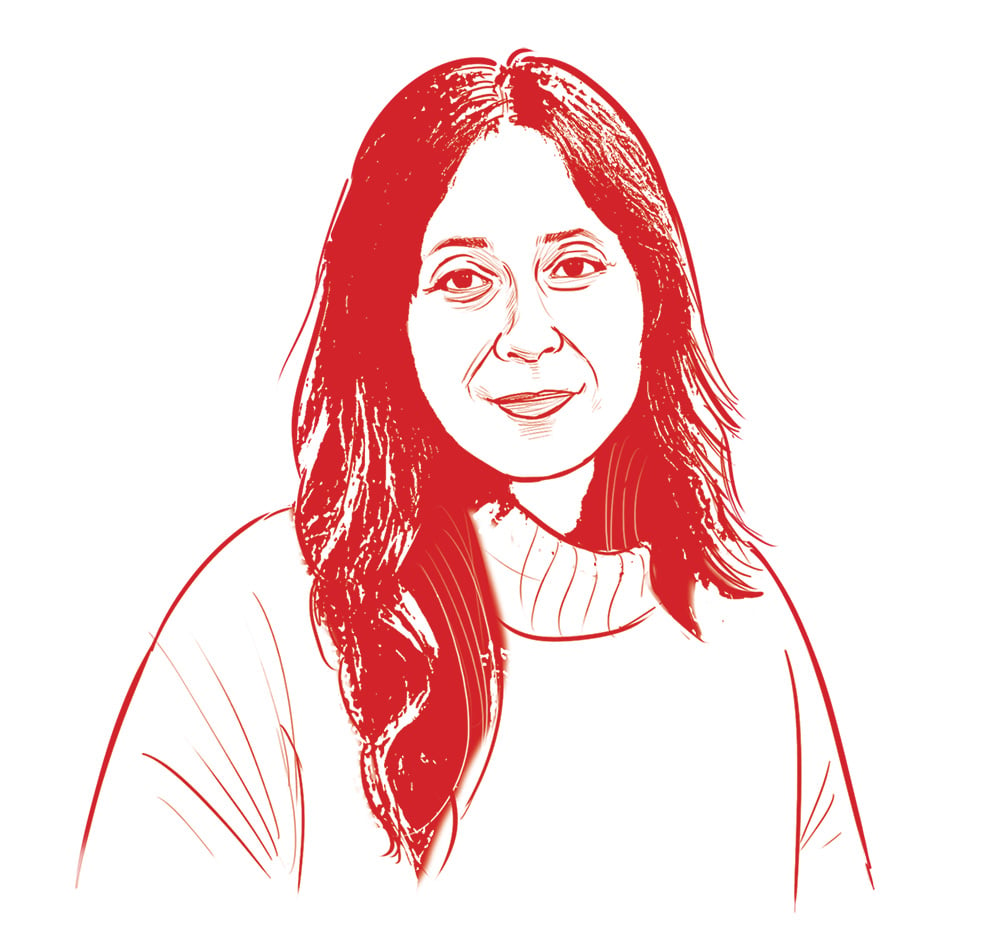
Annie Zaidi writes across multiple genres, including fiction, non-fiction, plays and poetry. Her published work includes The Comeback, Bread, Cement, Cactus: a Memoir of Belonging and Dislocation, City of Incident, Prelude to a Riot, and Bantering with Bandits and Other True Tales

undefined

undefined

undefined

undefined

undefined

undefined

undefined

undefined

undefined

undefined

undefined

undefined

undefined

undefined

undefined

undefined

undefined

undefined

undefined

undefined

undefined

undefined

undefined

undefined

undefined

undefined

undefined

undefined

undefined

undefined

undefined

undefined

undefined

undefined

undefined

Dr. Adil Rasheed is Research Fellow and Coordinator of the Counter Terrorism Centre at the Manohar Parrikar Institute for Defence Studies & Analyses (MP-IDSA). He is author of books Political Islam in West Asia and South Asia (2023), Countering the Radical Narrative (2020), ISIS: Race to Armageddon (2015).

undefined

undefined

undefined

undefined

undefined

undefined
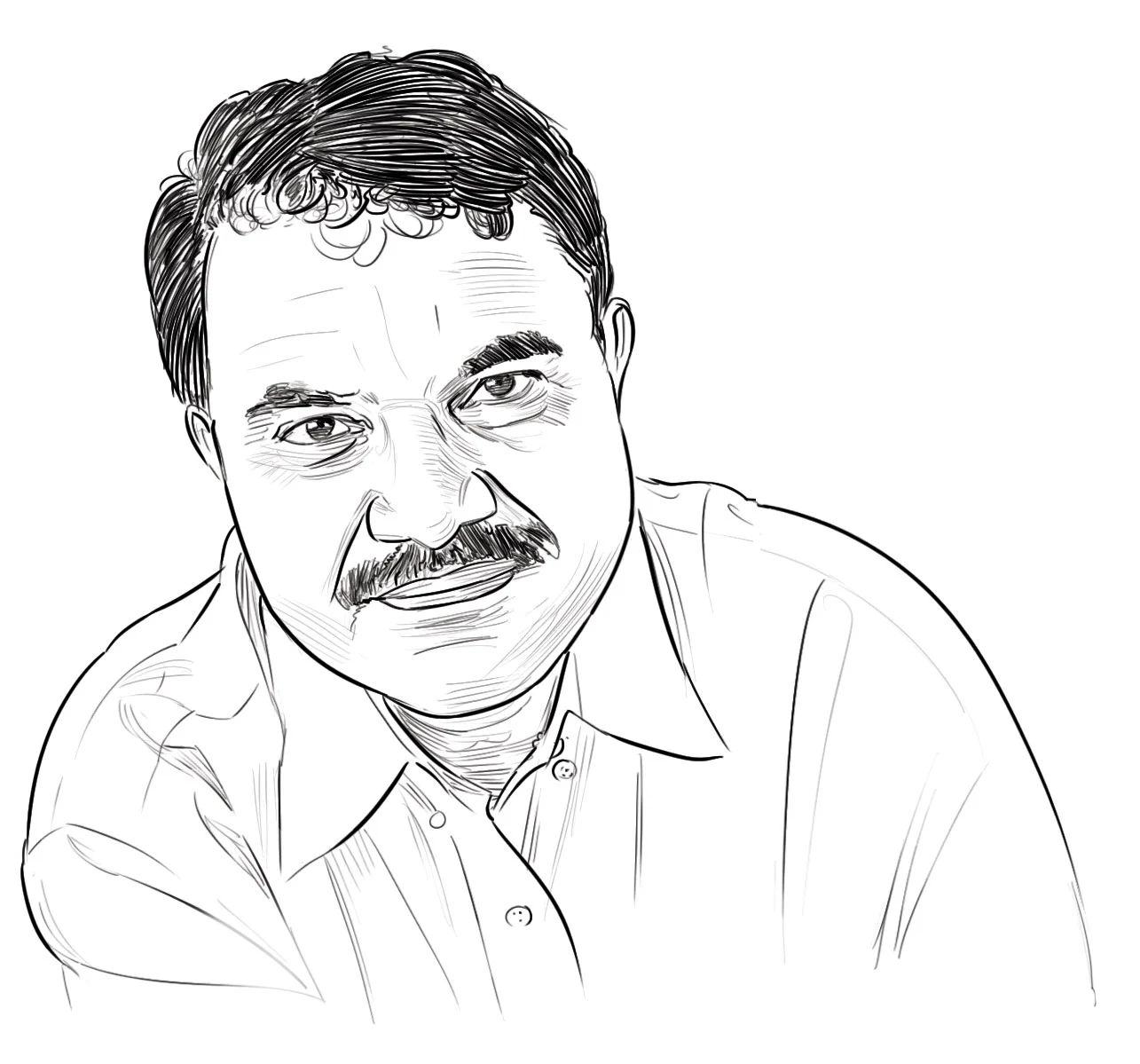
undefined

undefined

undefined

undefined

undefined

undefined

undefined

undefined

undefined

undefined

undefined

undefined

undefined

undefined

undefined

undefined

undefined

undefined

undefined

undefined

undefined

undefined

undefined

undefined

undefined
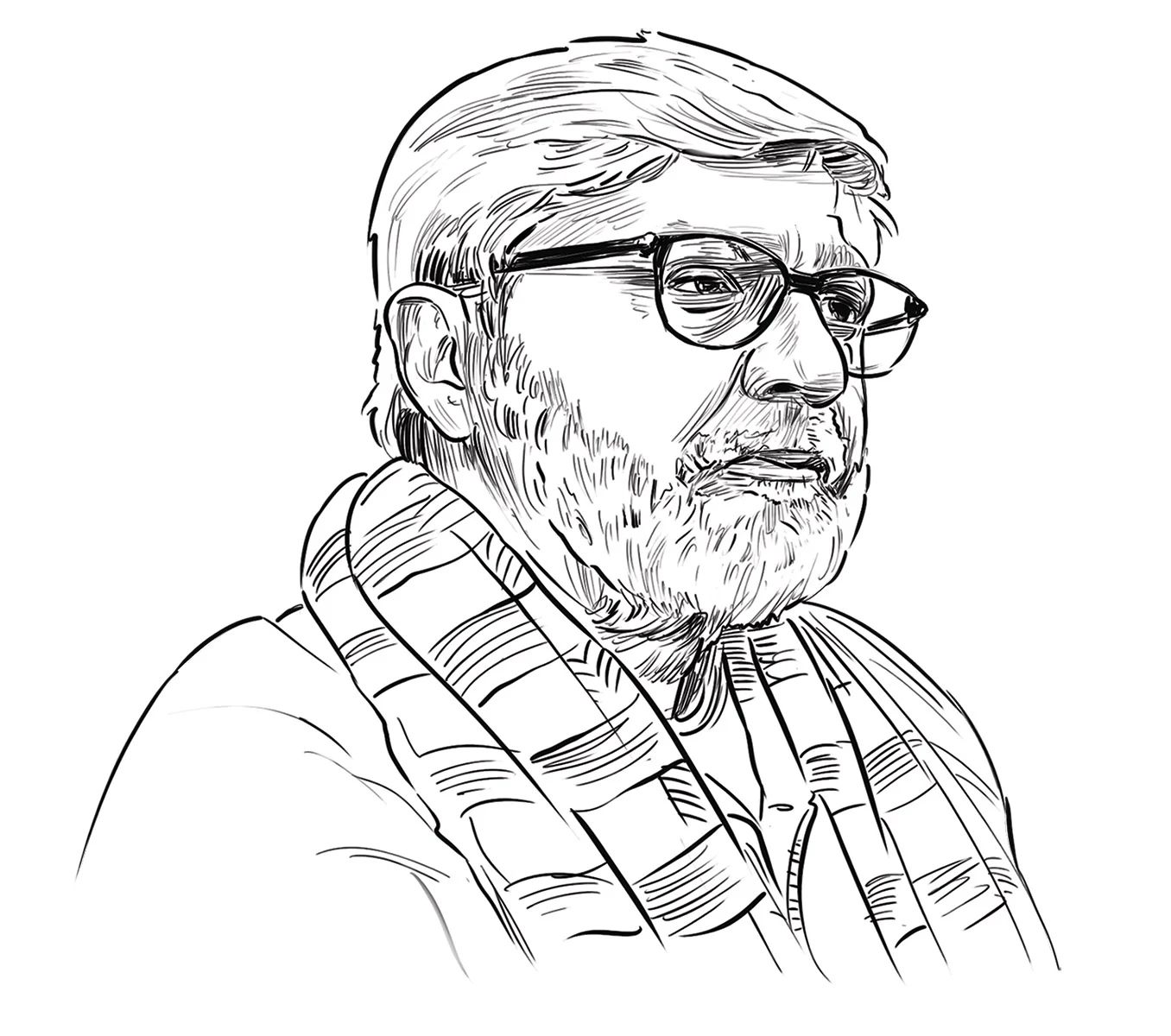
undefined

undefined

undefined

undefined

undefined

undefined

undefined

undefined

undefined

undefined

undefined

undefined

undefined

undefined

undefined

undefined

undefined

undefined

undefined

undefined

undefined

undefined

undefined

undefined

undefined

undefined

undefined

undefined

undefined

undefined

undefined

undefined

undefined

undefined

undefined

undefined

undefined

undefined

undefined

undefined

undefined

undefined

undefined

undefined

undefined

undefined

undefined

undefined

undefined

undefined

undefined

undefined

undefined

undefined

undefined

undefined

undefined

undefined

undefined

undefined

undefined

undefined

undefined

undefined

undefined

undefined

undefined

undefined

undefined

undefined

undefined

undefined

undefined

undefined

undefined

undefined

undefined

undefined

undefined

undefined

undefined

undefined

undefined

undefined

undefined

undefined

undefined

undefined

undefined

Abhishek Anicca is a writer, poet and researcher. He identifies as a person with disability and chronic illness.

undefined

undefined

undefined

undefined

undefined

undefined

Anand Vasu is an award-winning cricket journalist who has co-authored Cricket Drona - For the Love of Vasoo Paranjape.

undefined

undefined

undefined

undefined

undefined

undefined

undefined

undefined

undefined

undefined

undefined
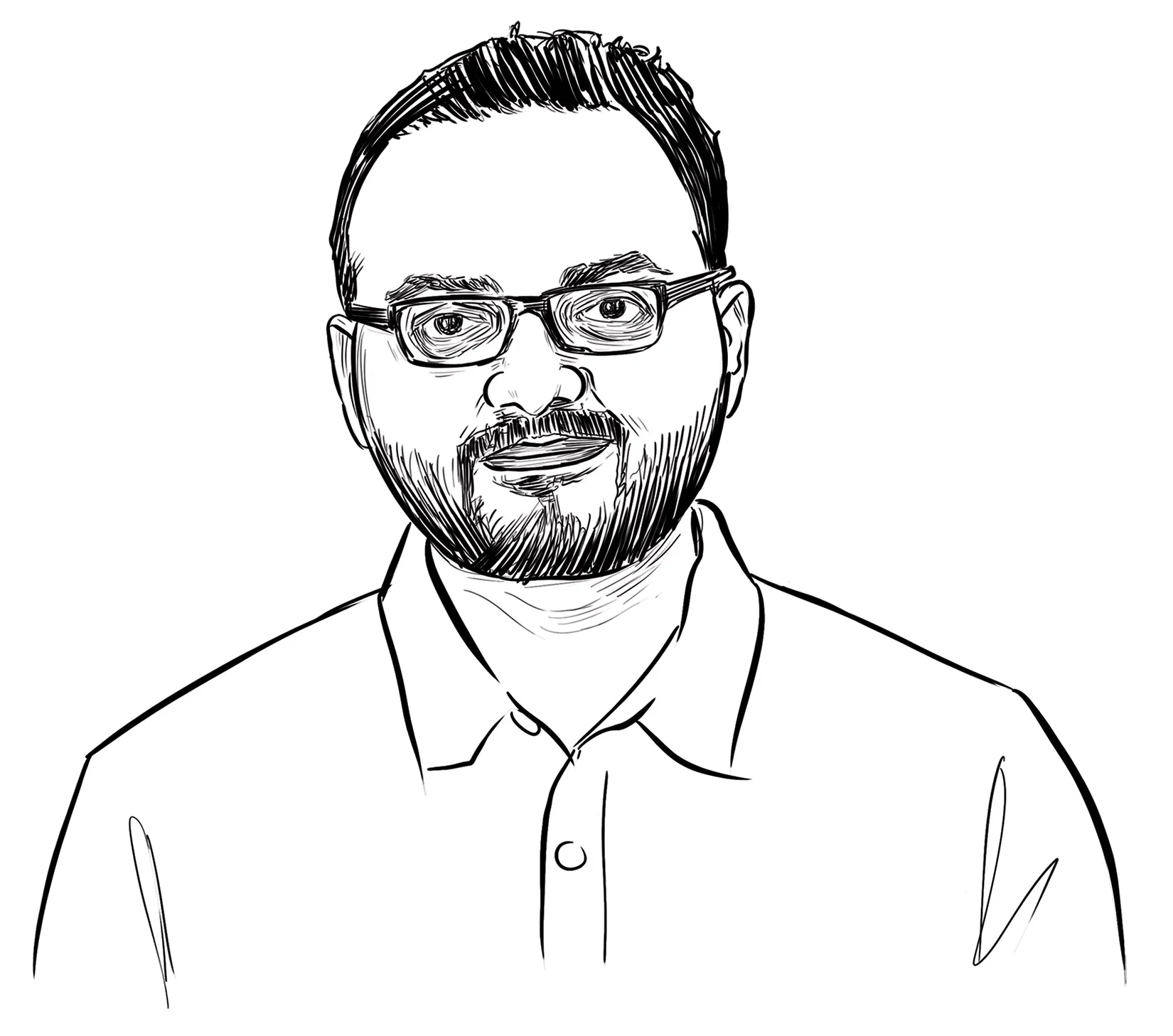
Aditya Mani Jha is a journalist and writer living in New Delhi. His first book of essays will be published in 2023 by Oxford University Press India. His writings on books, movies and pop culture have been published by The Times of India, India Today, Mint, Open, The Caravan and other Indian and international publications.

undefined

undefined

undefined

undefined

undefined

undefined

undefined

undefined

undefined

undefined

undefined

undefined
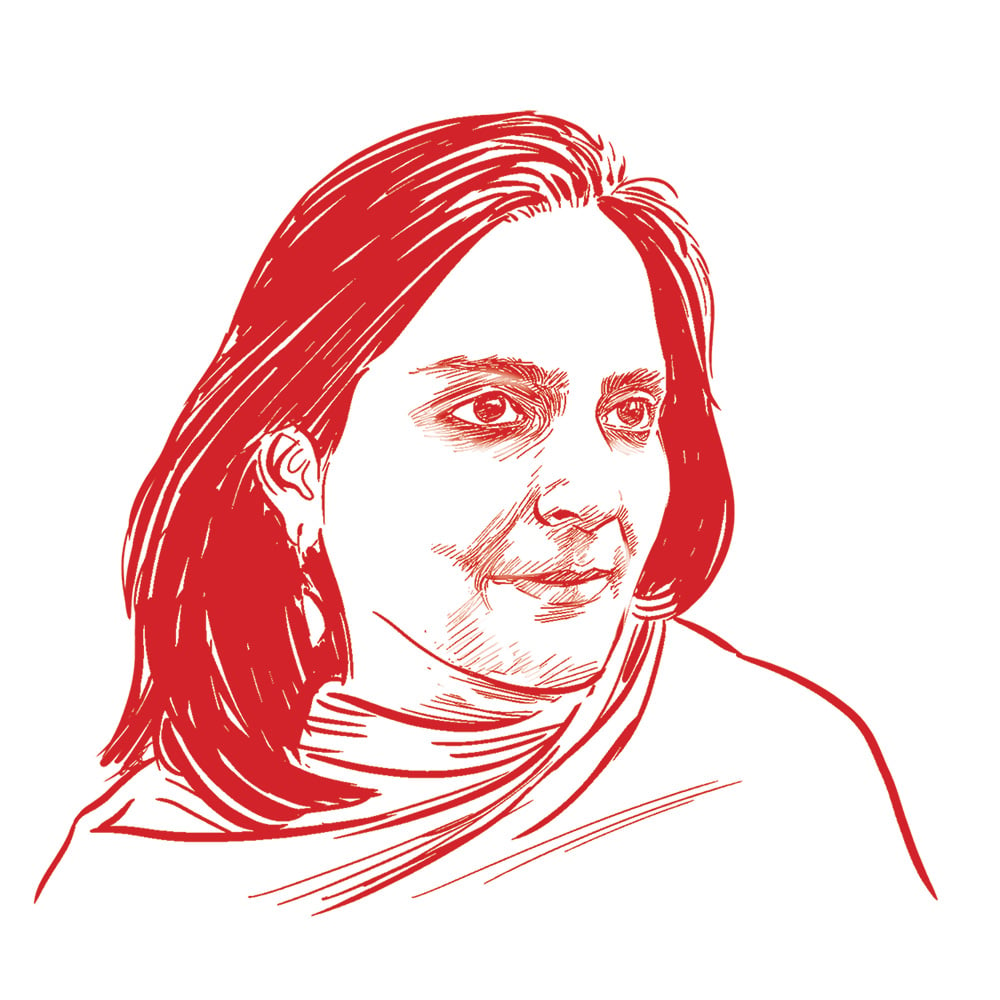
undefined

undefined

undefined

undefined

undefined

undefined

undefined

undefined

undefined

undefined

undefined

undefined

undefined

undefined

undefined

undefined

undefined

undefined

undefined

undefined

undefined

undefined

undefined

undefined

undefined

undefined

undefined

undefined

undefined

undefined

undefined

undefined

undefined

Abhishek Anicca is a writer, poet and researcher. He identifies as a person with disability and chronic illness.

undefined

Anandu Raj is a postgraduate student at the Centre for Modern Indian Studies (CeMIS), University of Göttingen, Germany. His research interests include contemporary Indian religious movements and cultural studies.

undefined

undefined

undefined

undefined

undefined

undefined

undefined

undefined

undefined

undefined

undefined

undefined

undefined

undefined

undefined

undefined

undefined
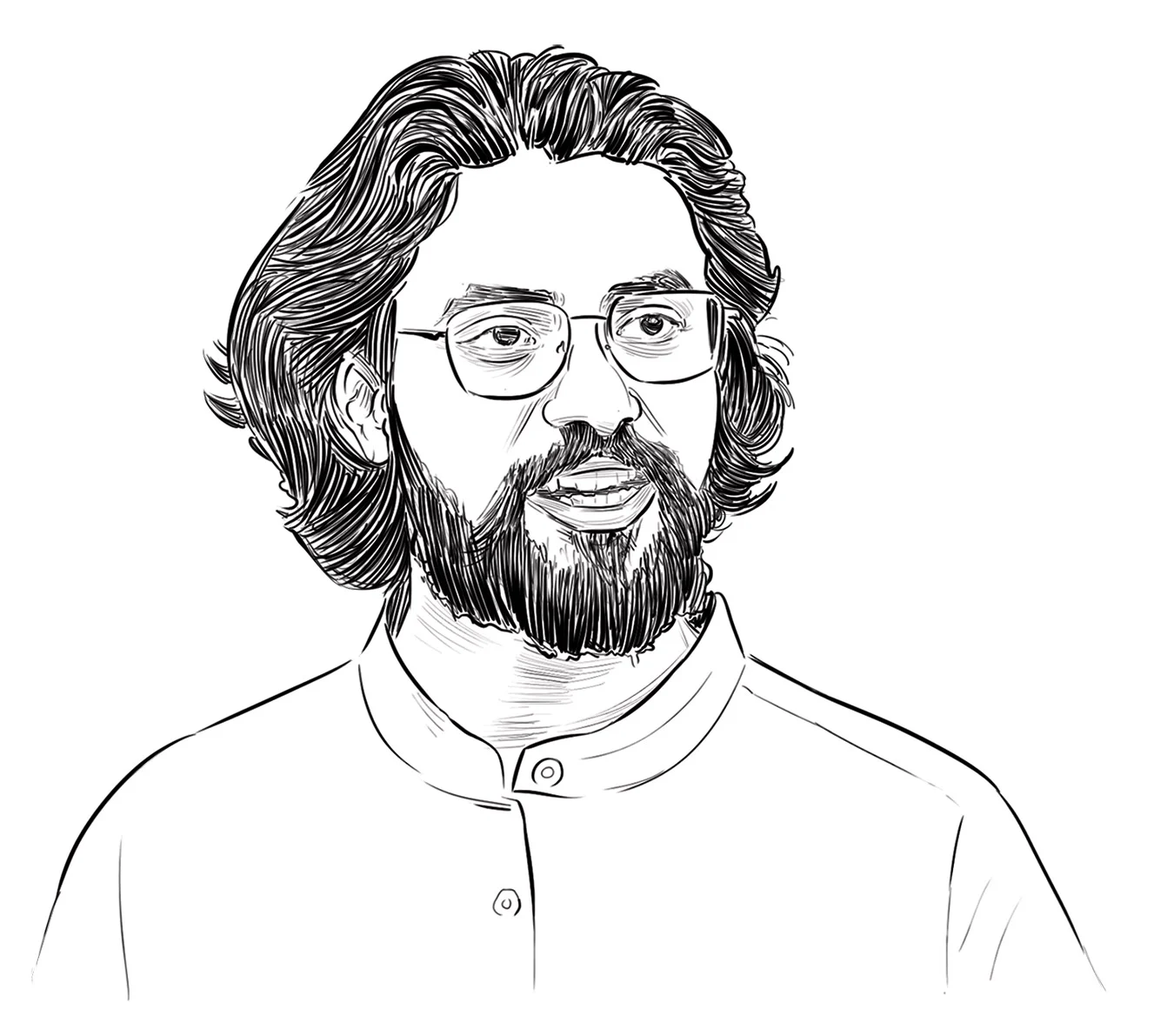
Ali Fraz Rezvi is an independent journalist, theatre artist, and a student of preventive conservation.

undefined

undefined

undefined

undefined

undefined

undefined

undefined


ajay.kumar.yadav@byline.com






Abhiruchi Ranjan is an Assistant Professor in the Department of Political Science and History at Christ University, Bangalore. Her academic pursuits lie at the intersection of politics, popular culture and gender studies.

Anirban Ghosh is assistant professor and director, Centre for Writing, Shiv Nadar Institution of Eminence, Gautam Buddha Nagar, Uttar Pradesh.









Arjun is a Business Growth Strategist at a Leading Software Development Company. Apart from working on a long-lasting relationship with customers and boosting business revenue, I am also interested in sharing my knowledge on various technologies through successful blog posts and article writing. Company: https://www.weblineindia.com/








Apeksha is a Senior Assistant Editor and writes on cinema, politics, art, gender and social justice. She has a Ph.D in Cinema Studies from the School of Arts and Aesthetics, Jawaharlal Nehru University, New Delhi.

Animikh is a photographer and visual artist who currently works with Outlook India as Photo researcher and archivist


I'm a seasoned Content Strategist with a knack for creating engaging product descriptions and insightful buying guides. My love affair with language kicked off when I was 14, and since then, I've been hooked on how words can captivate and inspire. With 2 years of hands-on experience, I like to bring a fresh perspective to every product I review, always trying to find what really resonates with people. I'm all about learning and taking on new challenges with a lot of enthusiasm. When I'm not wrapped up in content, you’ll probably find me out for a walk, totally engrossed in a crime podcast, or singing along to some country music.







Ashok Kumar Sinha currently serves as the Additional Director at Bihar Museum, Patna. Previously, he held the position of the Director of Upendra Maharathi Crafts Research Institute, Patna, and the Chief Executive Officer of Bihar State Khadi and Village Industries Board, Patna. He has made significant contributions to the preservation and promotion of folk arts and handicrafts in Bihar. He has authored a total of 36 books on art and literature, including Batohi, Sun Lo Hamari Baat (novel), Pita (section-poetry), BairiPaiswa Ho Ram, Mawali Ki Betiyaan (story-collection) and Man ToPanchhiBhaya (Travel-Memoirs). Shri Ashok Kumar Sinha has been honored with numerous awards for his literary achievements, including the Sudeergh Hindi Seva Sammaan from Vikramshila Hindi Vidyapeeth, Gandhinagar and the Bihar Government's Raajbhasa Sammaan and Dinkar Art Writing Award













Founder, AJ Financial








Aisha Sultan is a nationally syndicated columnist based at the St. Louis Post-Dispatch. Her work has appeared in more than a hundred publications. She has won several national honors recognizing her writing and commentary. Her work explores social change with an emphasis on education, families and inequality.


Mutual Fund Distributor



Political analyst and columnist.

Advocate, Patna High Court

Aranya is a poet, currently based in Delhi, a place to which he doesn't belong.















Ali Mammadov is a PhD researcher at George Mason University, Schar School of Policy and Government focusing on global stability, alliance formation, and rising powers. X: @alimammadoov


Co founder, AP Wealth Managers


A distinguished professional in medical device engineering, Abhishek Pandurang Benke has established himself as a leading expert in sensor technology and medical diagnostic systems.

Arunima is an independent researcher and academic. Their views are personal.

Professor at O.P. Jindal Global University (JGU)




Avinash Godbole is Professor and Associate Academic Dean at JSLH, Jindal Global University






Ainnie Arif is a journalist covering diplomacy and international affairs with a South Asian lens. She focuses on how global events intersect with regional politics and local impact.


Advocate, Supreme Court of India

Vice Chairman & CEO BCD Group & Chairman, CII Real Estate (NR)

Abhijay Raj Vaish is a journalist at Outlook, covering stories that lie at the intersection of politics, public interest, and policy. He focuses on making complex issues accessible through explainers, ground reports, and narrative-driven features.







Research Scholar in Dept of Political Science, University of Hyderabad




Ankitha Swapnil, Currently based in Chhattisgarh, listens before she writes—wandering from village schools to forest paths, collecting stories from students, locals, and the Pahadi Bakra team. Whether the moment is light or deep, she captures it with warmth and clarity. Her mind and words hold onto the small truths and feelings that make a story truly connect. You can reach her at ankithamanu.11@gmail.com.

CMD, BCD Group

Founder Safety Matters. He’s an Aviation Expert.

Chairman & CEO - India, South-East Asia, Middle East & Africa, CBRE

Dr. Aivinor Ams is a scholar of the philosophy of education with a focus on critical pedagogies, practical philosophy and inclusive learning practices.

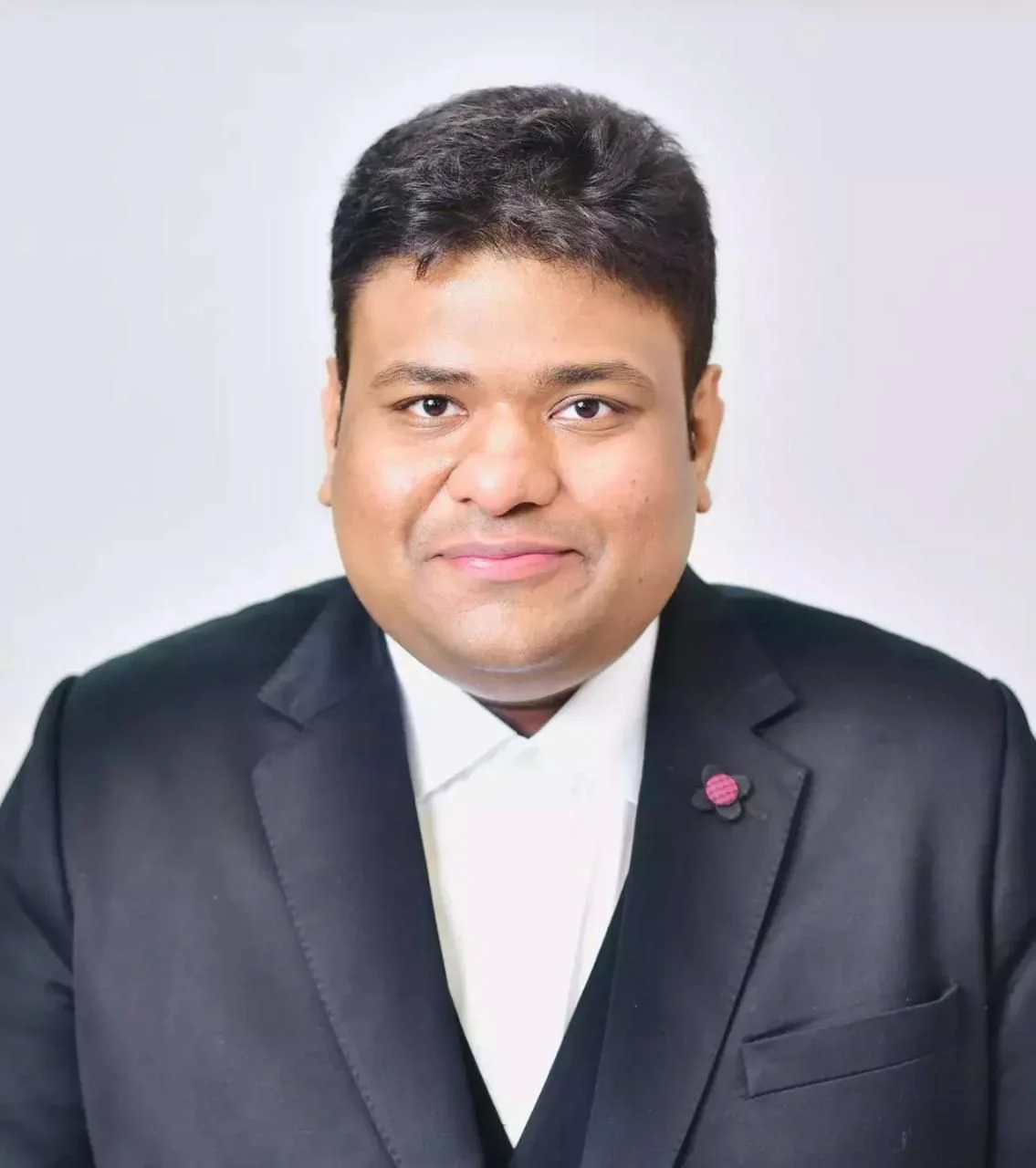
Founder, AU Corporate and Legal Advisory Services

Arghya is an independent journalist based in Delhi.

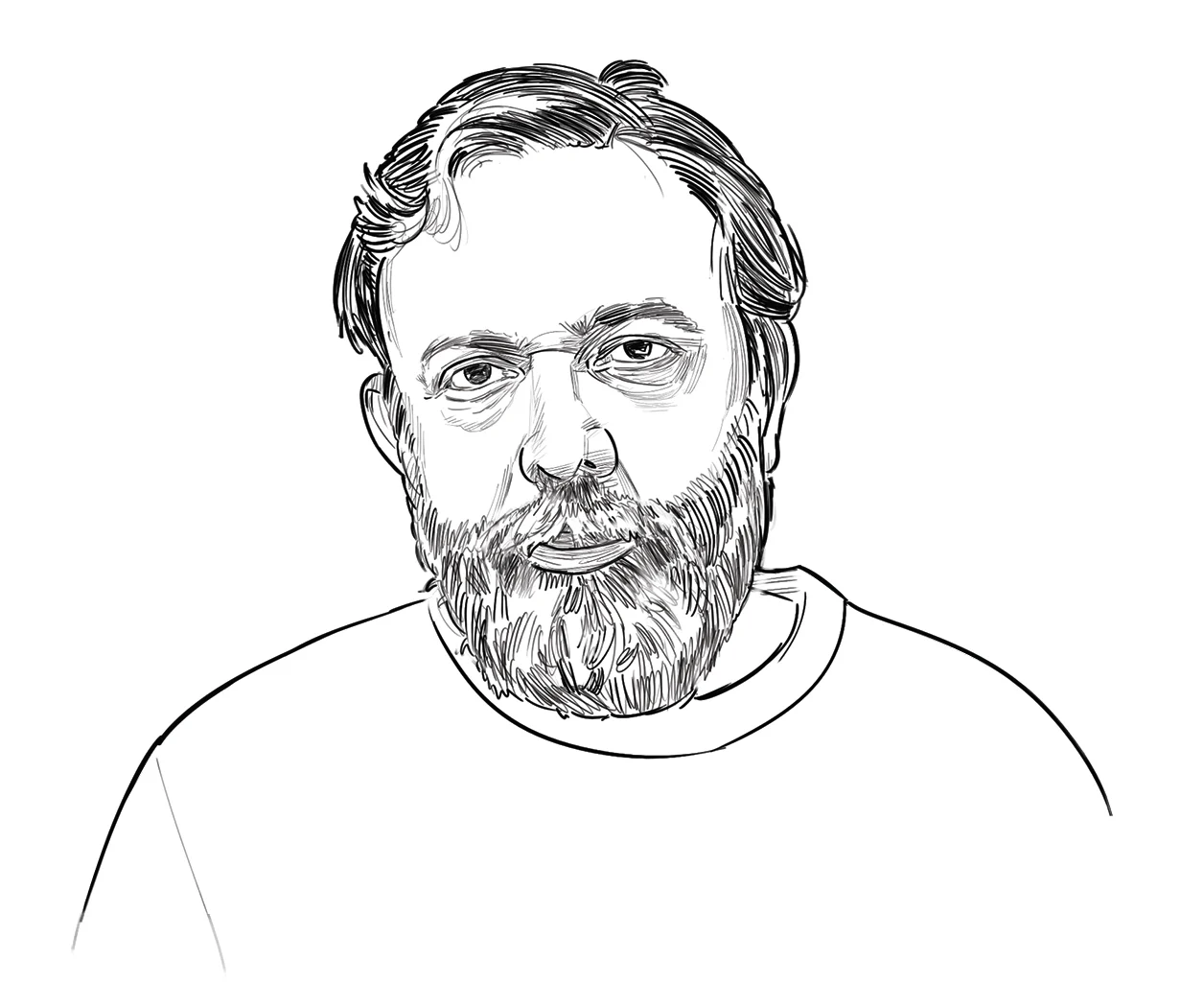
Alok is a Psychiatrist working in Delhi. He is interested in History, Society, Psychiatry and the spaces between them.


The author is former Education Secretary to the Government of India.

Dr. Aditi Rawat is an Associate Fellow with the Pahle India Foundation.
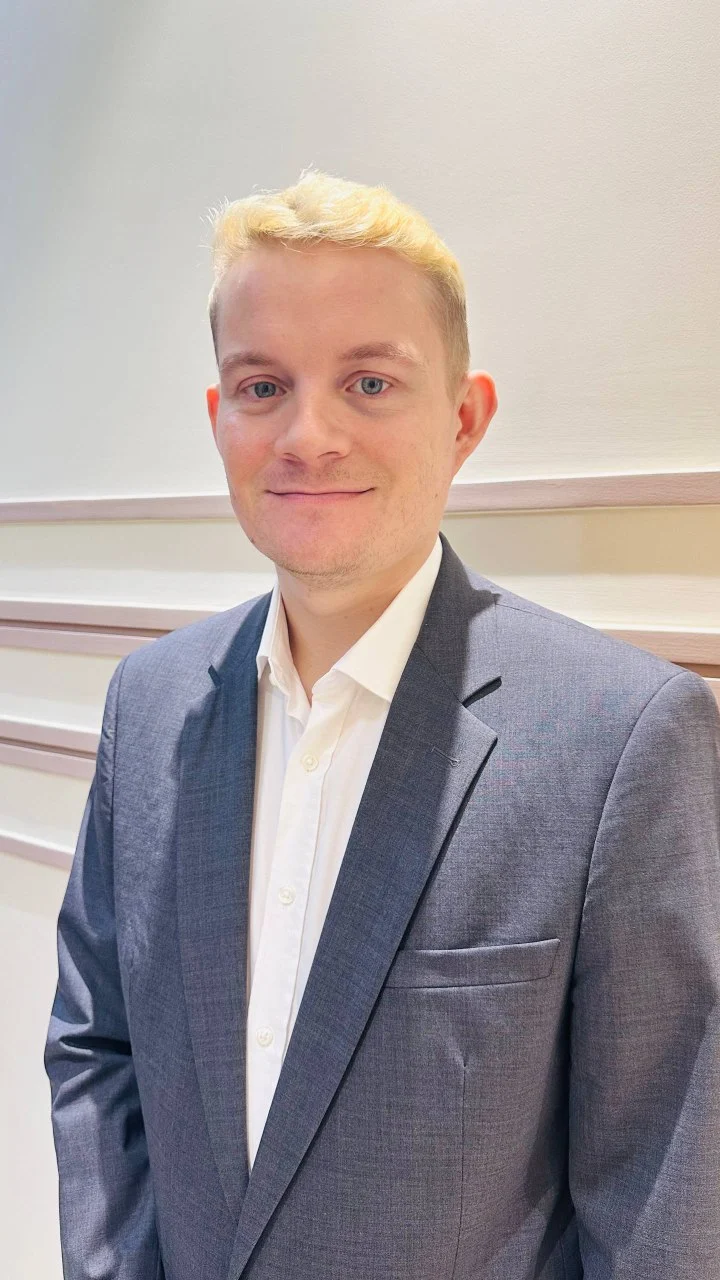
Aleksei Zakharov is a Fellow–Russia & Eurasia with the Strategic Studies Programme at Observer Research Foundation (ORF).

Anurag Kumar Sankrityayan is a senior functional consultant at a multinational corporation and an advocate for disability inclusion. Born in Patna, Bihar, he holds a B.Tech in Electronics and Communication Engineering and an MBA from IIM Trichy. He actively mentors and empowers individuals with disabilities, promoting accessibility and inclusion in India.

Aditya Sharma is a Delhi based freelance journalist, pursuing a Master’s in Convergent Journalism from AJK MCRC, JMI. His areas of interest are politics, minority issues and human rights.

Arijit Gupta is a freelance journalist based in Delhi, who is pursuing his masters in Convergent Journalism from AJK MCRC, Jamia Millia Islamia. His areas of interest are politics, global affairs and human rights.

MD, Homeland Group
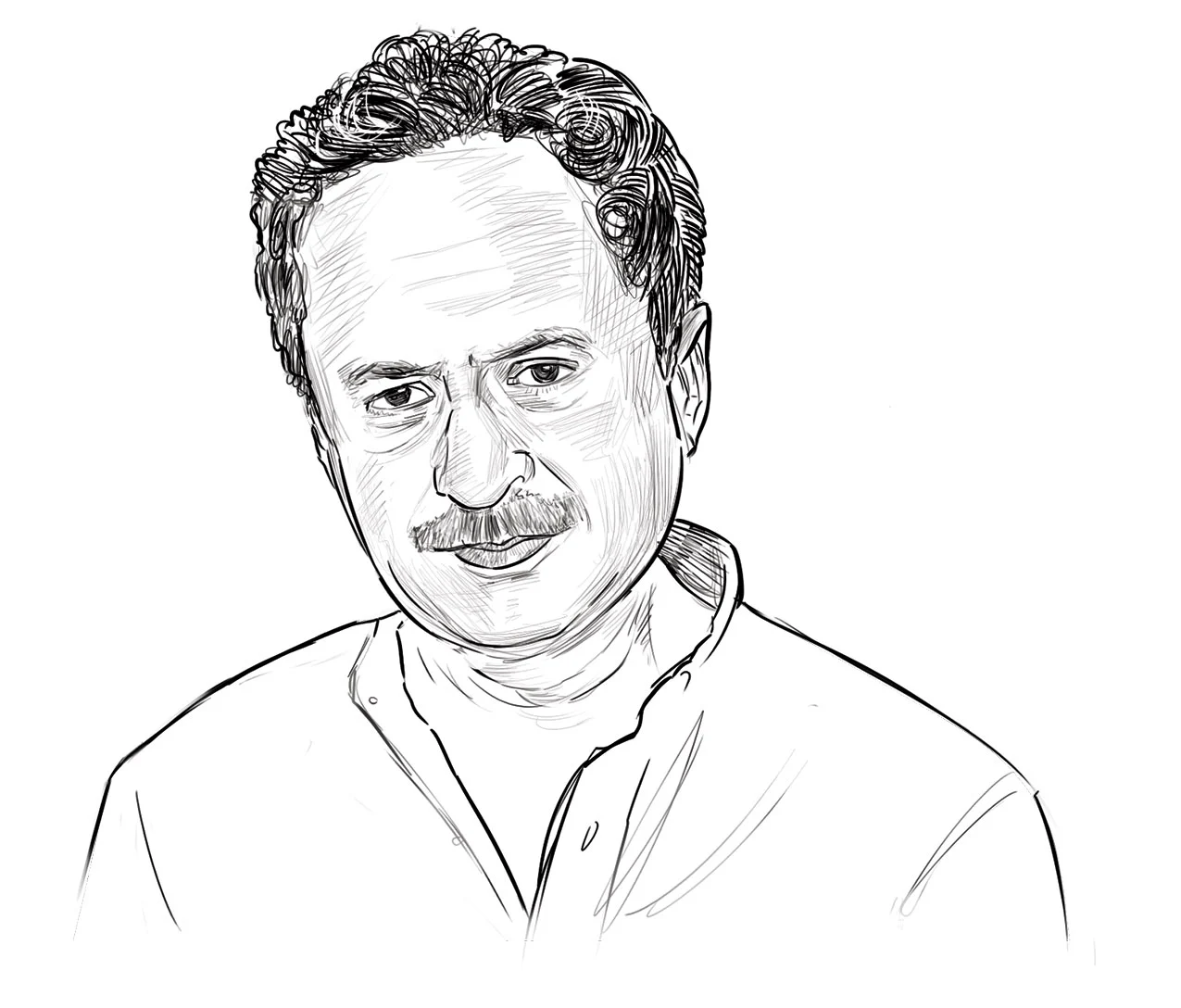
Anirudh Kala is clinical director at Mindplus, Ludhiana
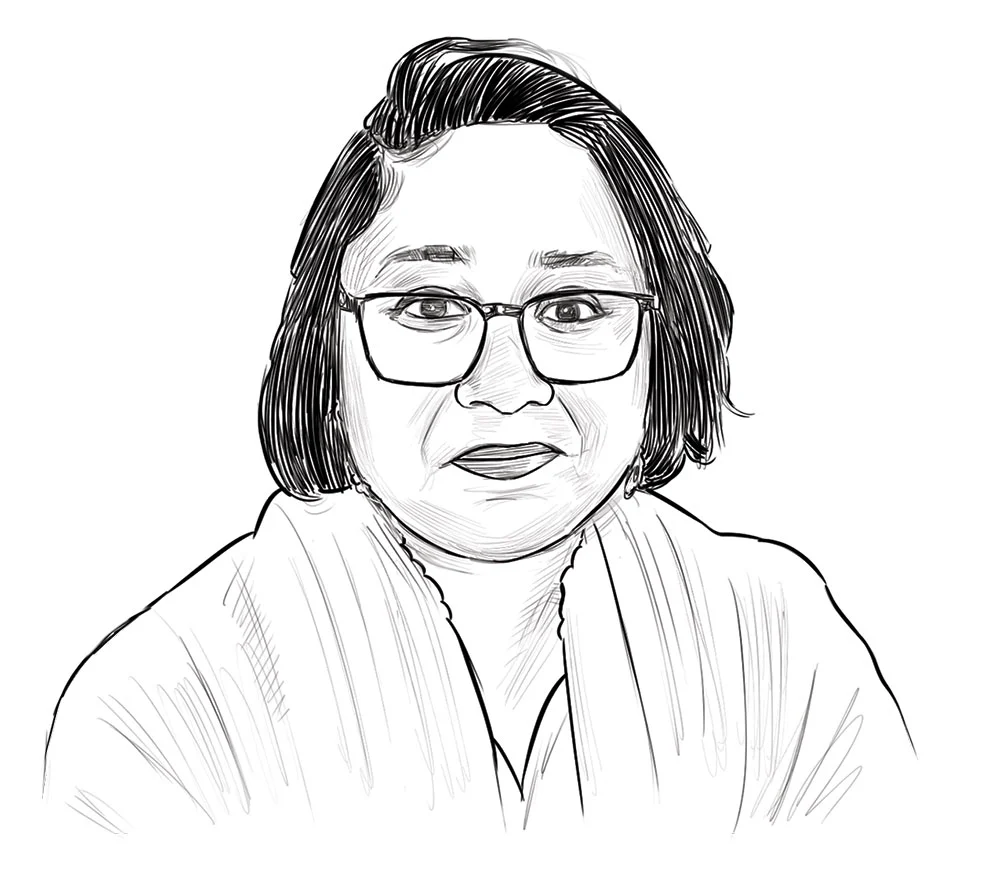
Archita Kashyap is a writer, content creator and journalist and an autism parent. She has tracked cinema, OTT, music and global entertainment for publications and news networks. She is a communications specialist for non-profits and film projects

Akhil Yadav is a Millennium Fellow and student at the Gujarat National Law University, Gandhinagar, and Singh is a student at the Gujarat National Law University, Gandhinagar.

Aditya Pratap Singh is a student at the Gujarat National Law University, Gandhinagar

Anoushka Parija is an independent researcher based in Bhubneshwar, Odisha.

Anshumaan Mishra is a lawyer and strategy consulting professional who frequently writes on platforms such as The Financial Express, Deccan Herald, and The Pioneer, exploring the intersection of law, public policy, and international relations.
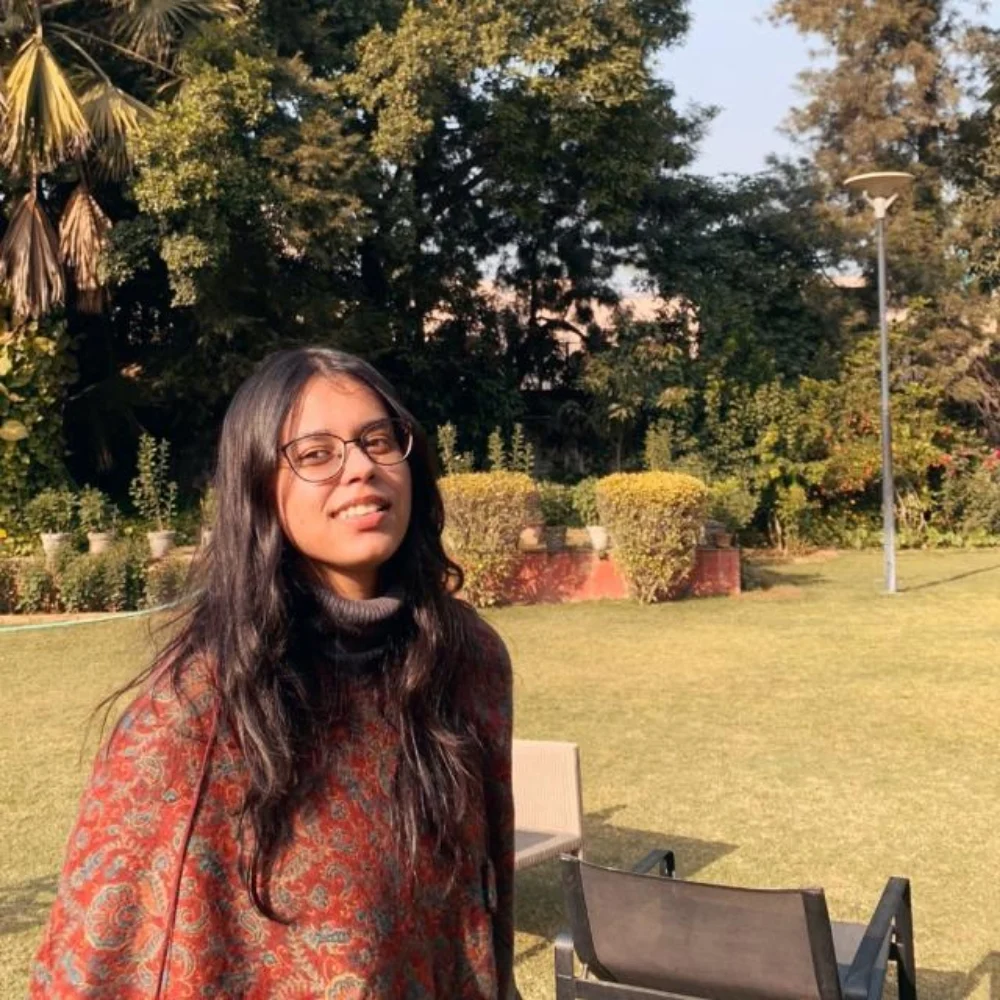
Almas Sadique is an architect, writer and journalist examining art, architecture, design and films through socio-political and cultural lenses.
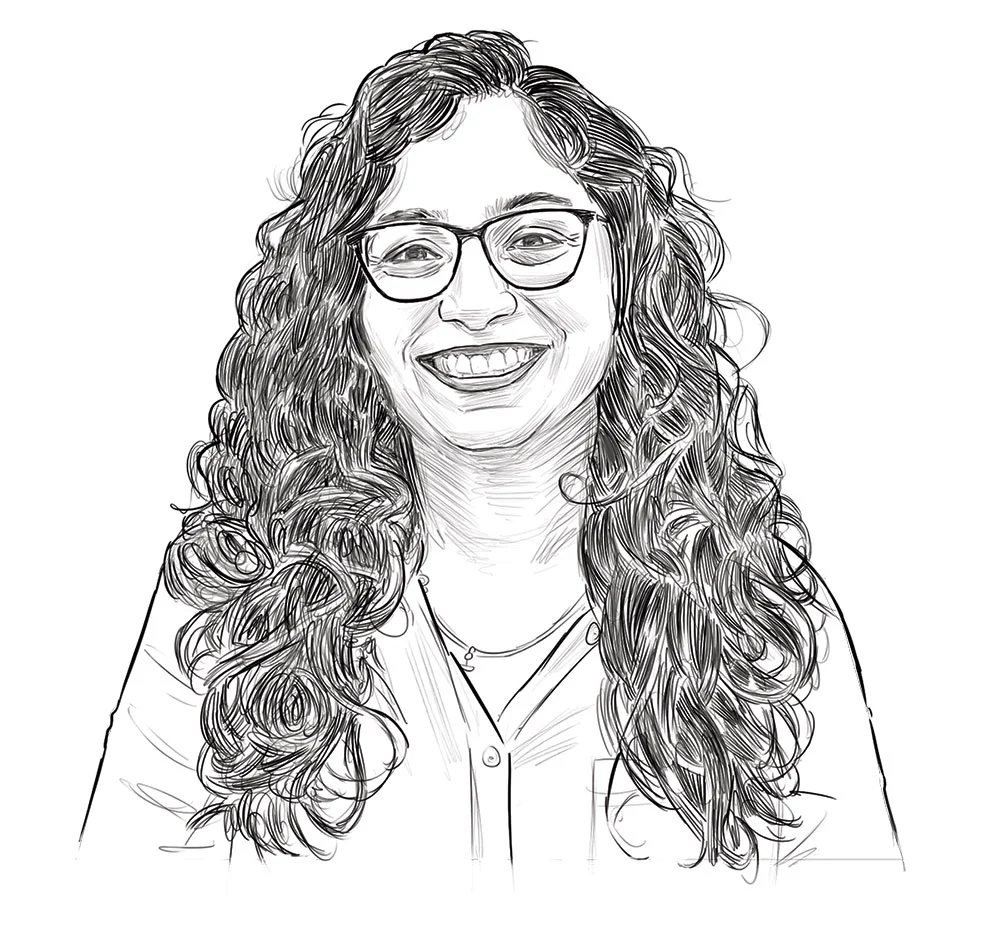
Ashlin Mathew is senior associate editor, Outlook. She is based in Delhi
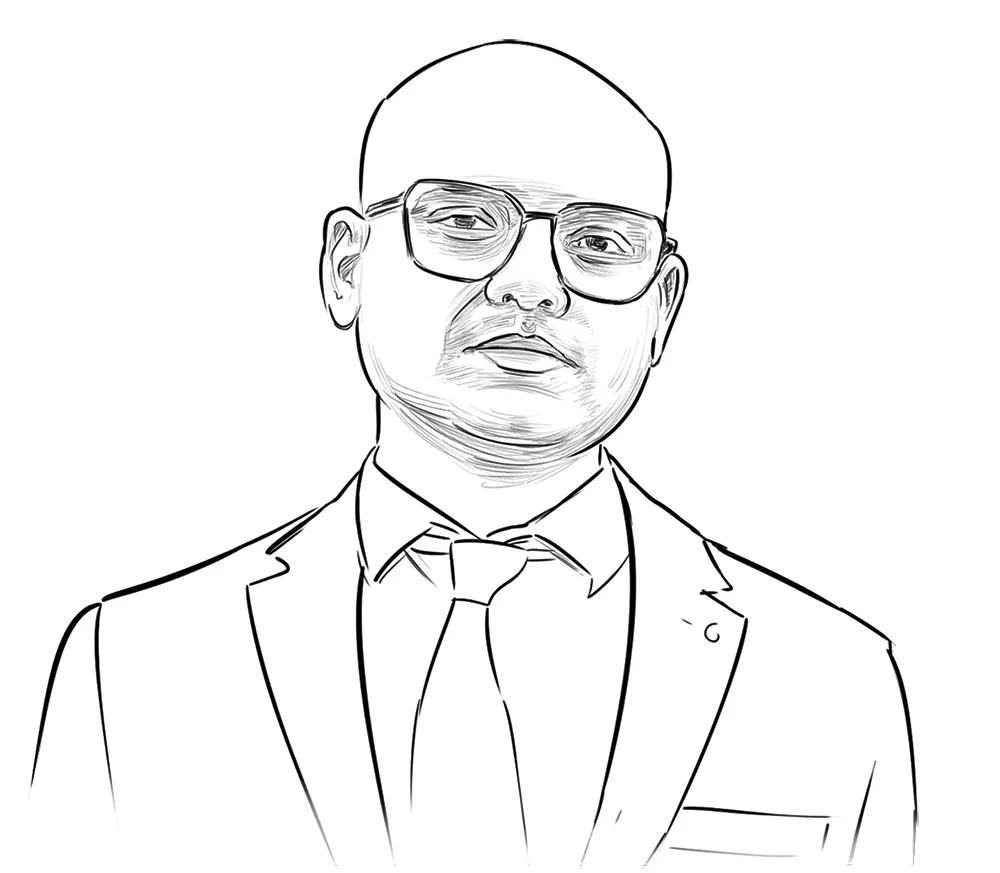
Anand Kshirsagar writes at the intersection of politics, culture, and economics of OBC communities

Executive Chairperson, Aspect Global Ventures
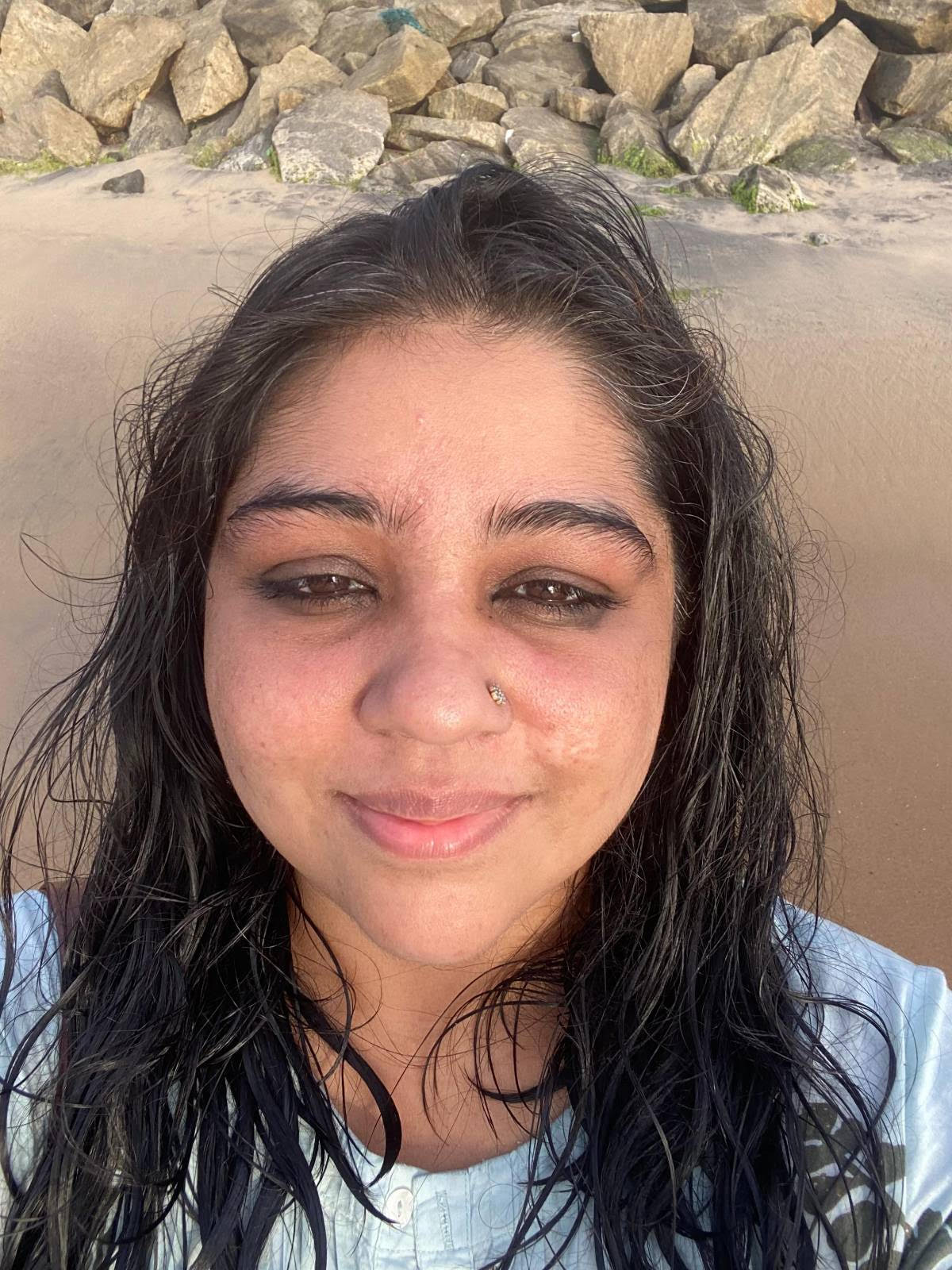
Anuradha Banerji is a politically engaged researcher, organiser, writer and a perennial dreamer.

Anusreeta Dutta is a columnist and climate researcher with prior experience as a political researcher and ESG analyst.

Author Aejaz Ahmad, PhD is a Post-Doctoral Fellow at, Moturi Satyanarayana Centre for Advanced Study in the Humanities and Social Science, Krea University, Andhra Pradesh.

Ashwani Kumar is a Professor at the Tata Institute of Social Sciences and author of Community Warriors: State, Peasants, and Caste Armies in Bihar.

Aditya Anmol is an alumnus of the University of Chicago and New York University.

IAS officer and Director of Bihar Museum

Freelancer Journalist

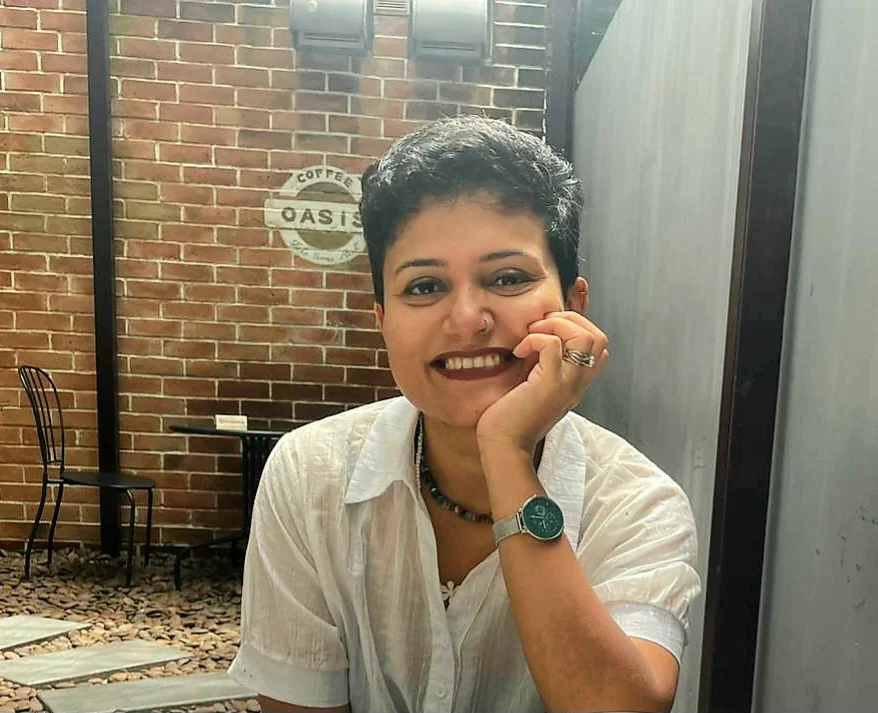
From Assam and based in New Delhi, Ashmita Sharma works at the intersection of labour rights, gender justice, and sustainability.


She is an assistant professor of English at the University of Central Florida. She is the author of Kashmir's Necropolis: Literary, Cultural and Visual Texts, Bloomsbury 2025.

Audrey DMello is the Director of Majlis, a legal centre supporting women and children facing sexual and domestic violence.

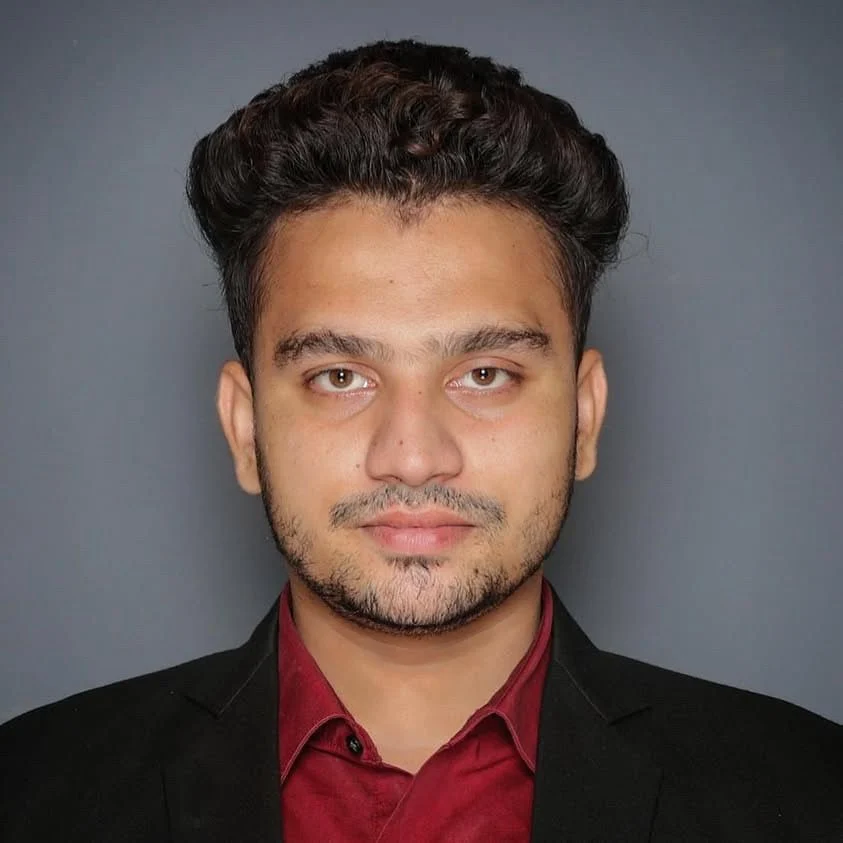
Ahmed Shah is a multimedia journalist and filmmaker who likes telling human stories through images and film.

Anupam Roy, shaped by seventeen years in CPI-ML (Liberation), produces art that is immediate, mobile, and rooted in the momentum of street protest.

The author is a researcher and the Co-Coordinator of the Asia Desk at Tricontinental: Institute for Social Research, byline request

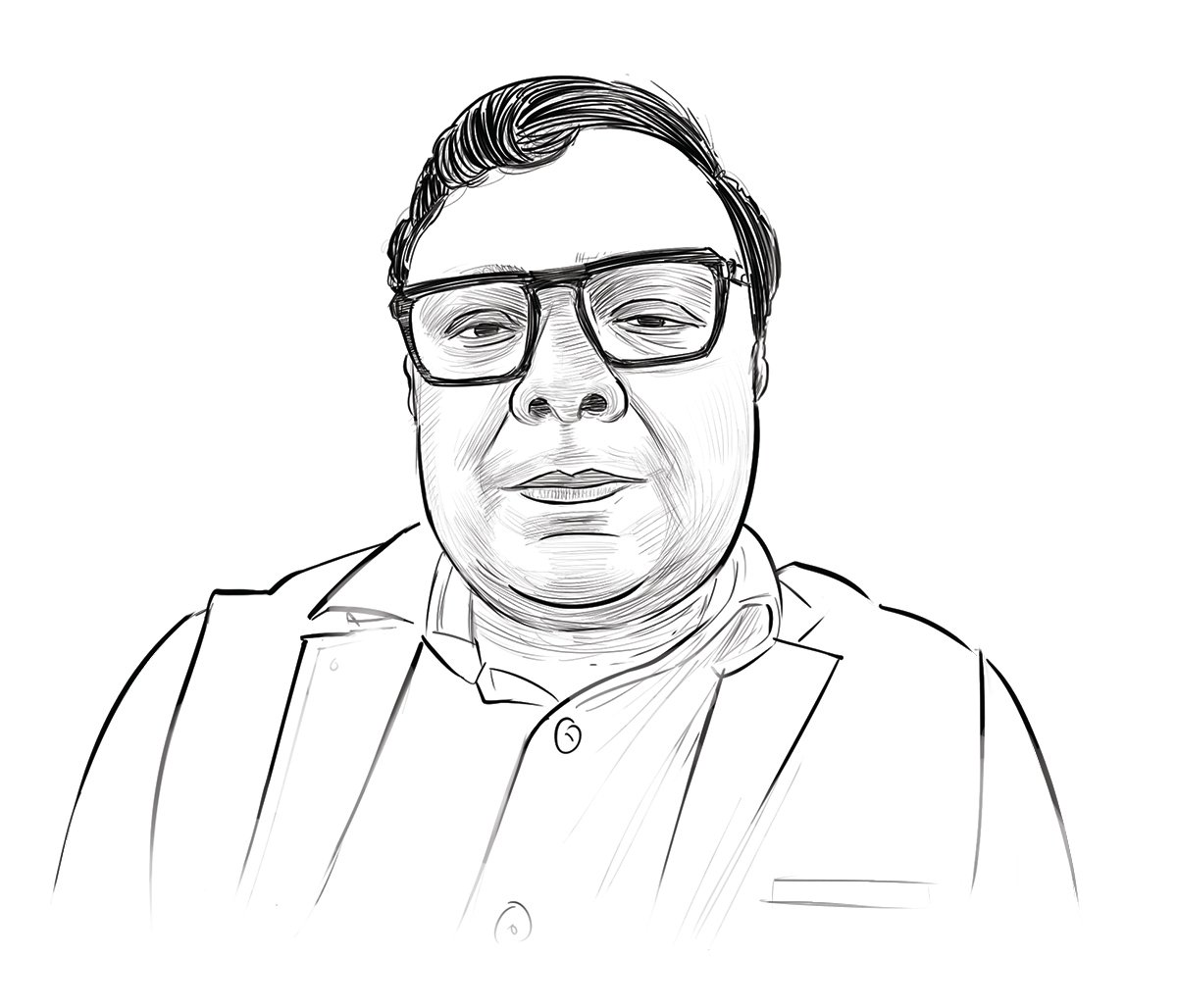
Aasheesh Sharma is Digital Editor with Outlook. He is a News Television award-winning journalist with wire service, newspaper, television, digital and OTT experience of more than 30 years. An experienced desk hand with bilingual proficiency, he has a healthy interest in learning new approaches to storytelling.
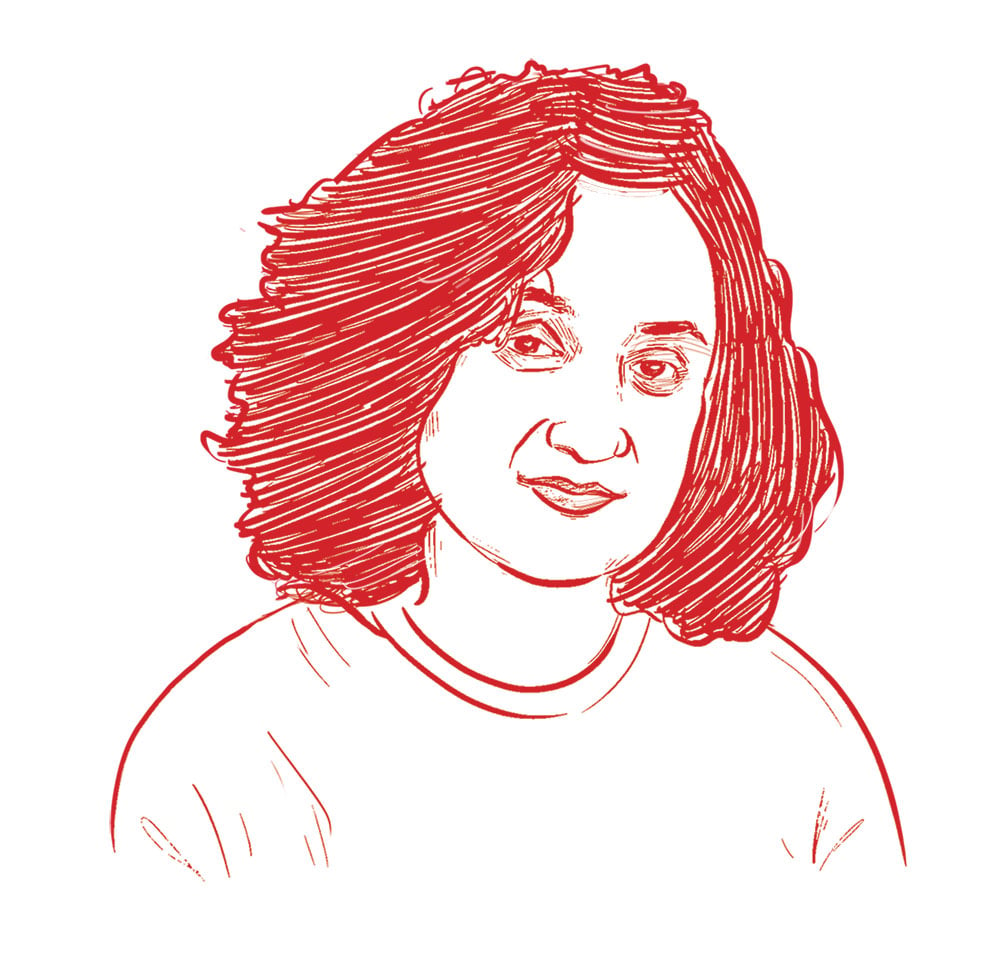
Anita Gopalan is a literary translator from Hindi. Her translations include Geet Chaturvedi’s The Memory of Now, Simsim, The Funeral and The Master of Unfinished Things





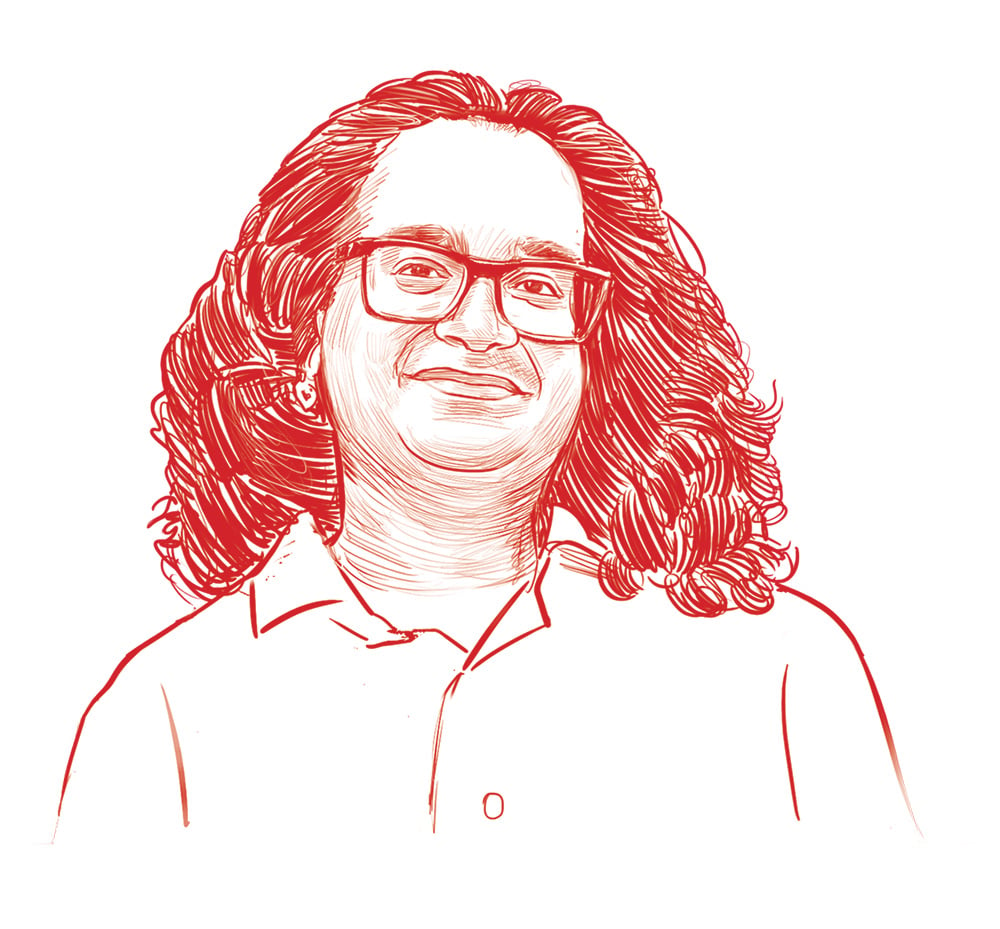
Antony Arul Valan is a visiting assistant professor, Department of English at Ashoka University, Sonipat
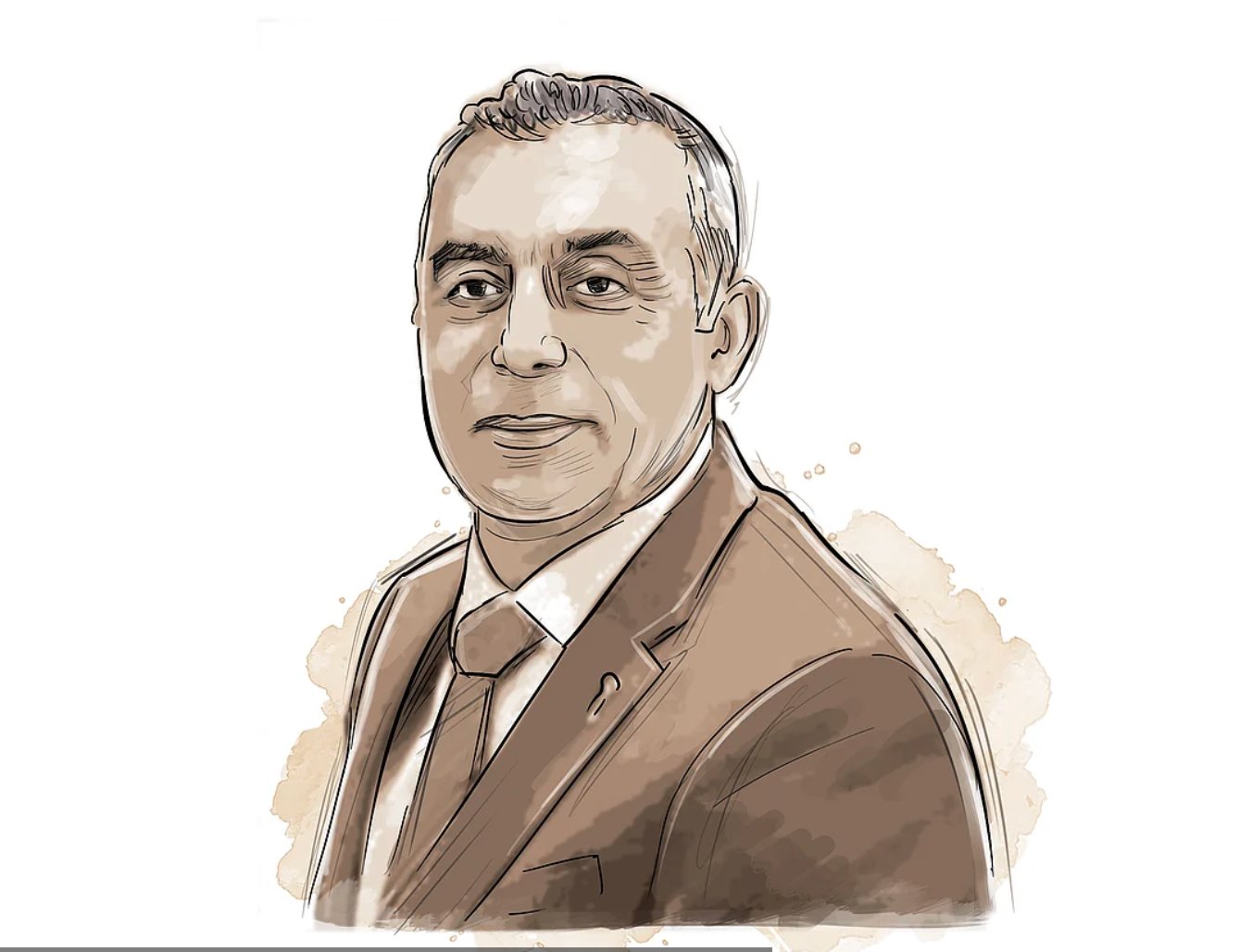
The author is Ambassador of the State of Palestine to India

A leading German writer-theorist and filmmaker, helped launch New German Cinema as a signatory of the 1962 Oberhausen Manifesto. His cross-media practice extends Frankfurt School critical theory into fiction, film and television.
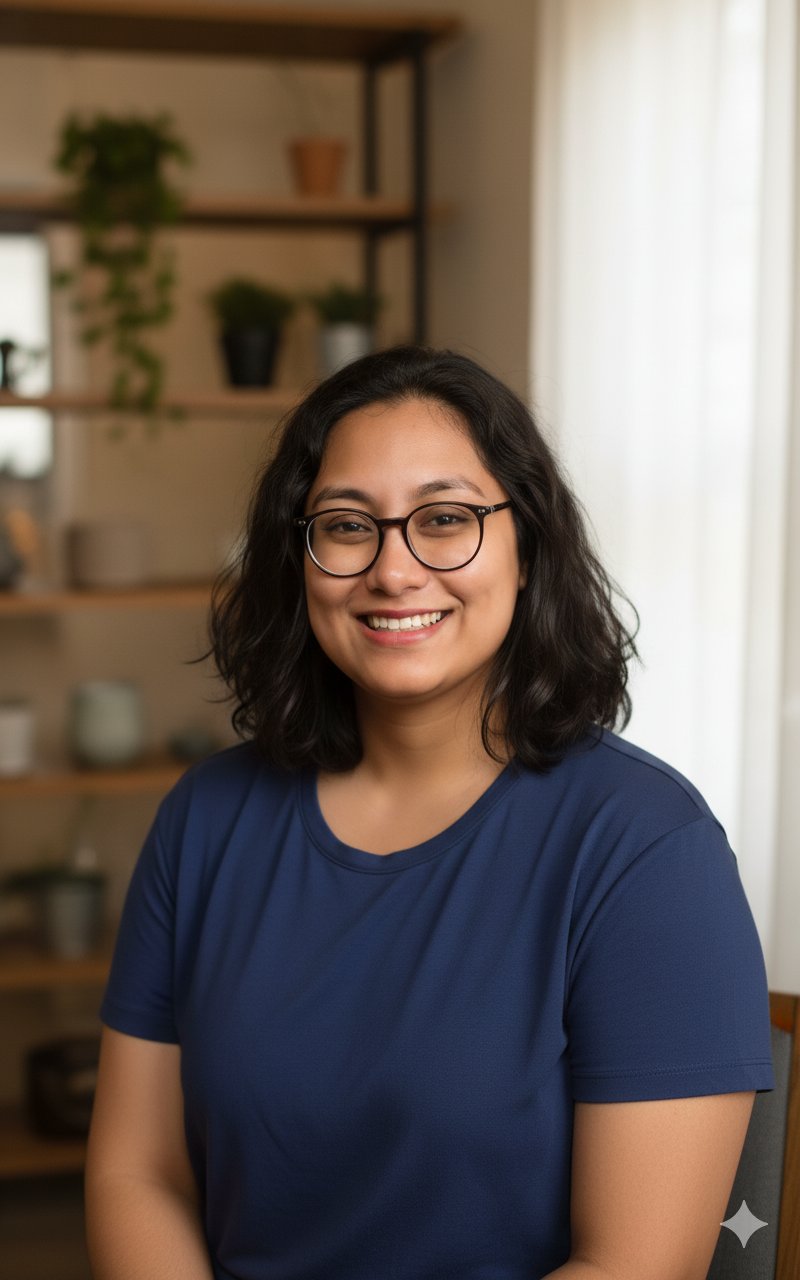
A sub-editor on the Entertainment desk, Aishani works across cinema, culture, and opinion pieces. An SCM Sophia alum, she’s an aspiring filmmaker who lives and breathes cinema.

Amol Ranjan is a PhD student of Cinema Studies at Jawaharlal Nehru University. He has also taught as a Guest Faculty in the Film Studies Department at Dr BR Ambedkar University.

Dr Abdul Mohsin is a political researcher whose work focuses on poverty, welfare, and everyday experiences of marginalisation. He holds a PhD from Aligarh Muslim University and completed his postdoctoral research at the University of Hyderabad.

Managing Director, 360 Realtors
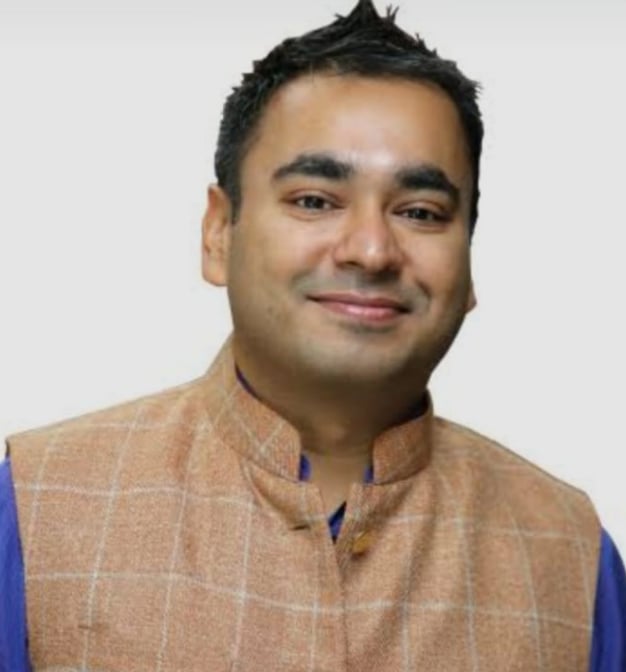
Director, Graphisads
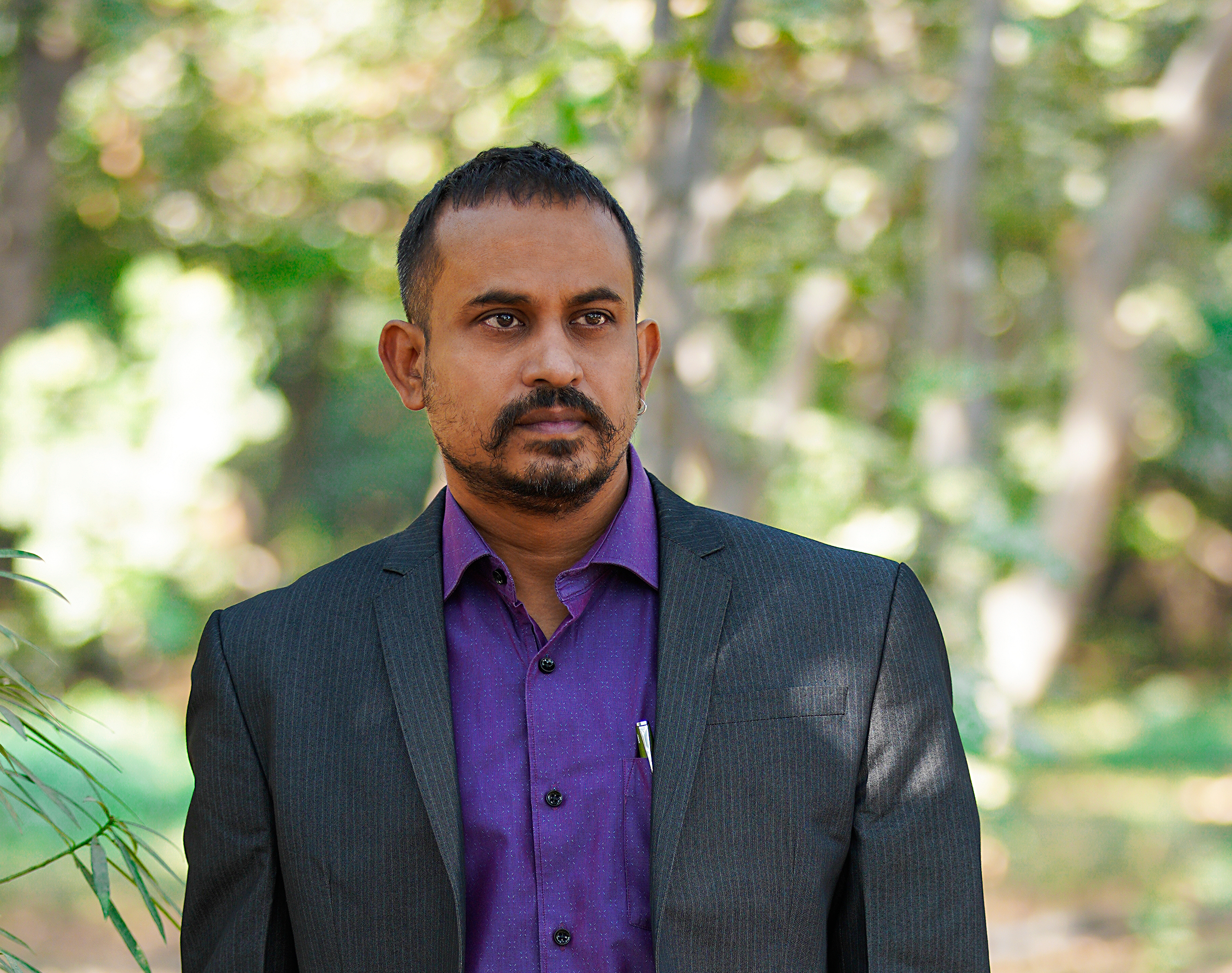
Amit Ranjan is an author of three books - a non-fiction work on John Lang, the Australian lawyer of Rani of Jhansi; and two poetry collections. His upcoming book is a biography of Dara Shikoh. Ranjan has been a Fulbright scholar three times, and has also been awarded Inlaks and Endeavour fellowships for research. He has taught at various universities in India and abroad. Earlier, he was a journalist and worked with India Today, MetroNow and Outlook magazine.

Annemarie Schwarzenbach, the Swiss writer-journalist-photographer, led a peripatetic, anti-fascist life across Europe, the Middle East and the U.S. before her untimely death in 1942. English readers know her for works such as Death in Persia.

Aniba Junaid is an Assistant Professor of Political Science in the Department of Humanities and Social Sciences at Adamas University.

The author is a Non-Resident Fellow at the Taiwan Centre for Security Studies, National Chengchi University, Taipei. He works on international relations, East Asia, and Indian foreign policy.

Anup Kumar Ramachandran is Business head - Ultrasound, GE HealthCare South Asia, where he leads commercial strategy and growth for one of the company’s key businesses across India and neighbouring markets. With over 30 years of experience in medical equipment and healthcare, he brings deep expertise in healthcare technology, business leadership, and market expansion, and is a member of the South Asia leadership team.
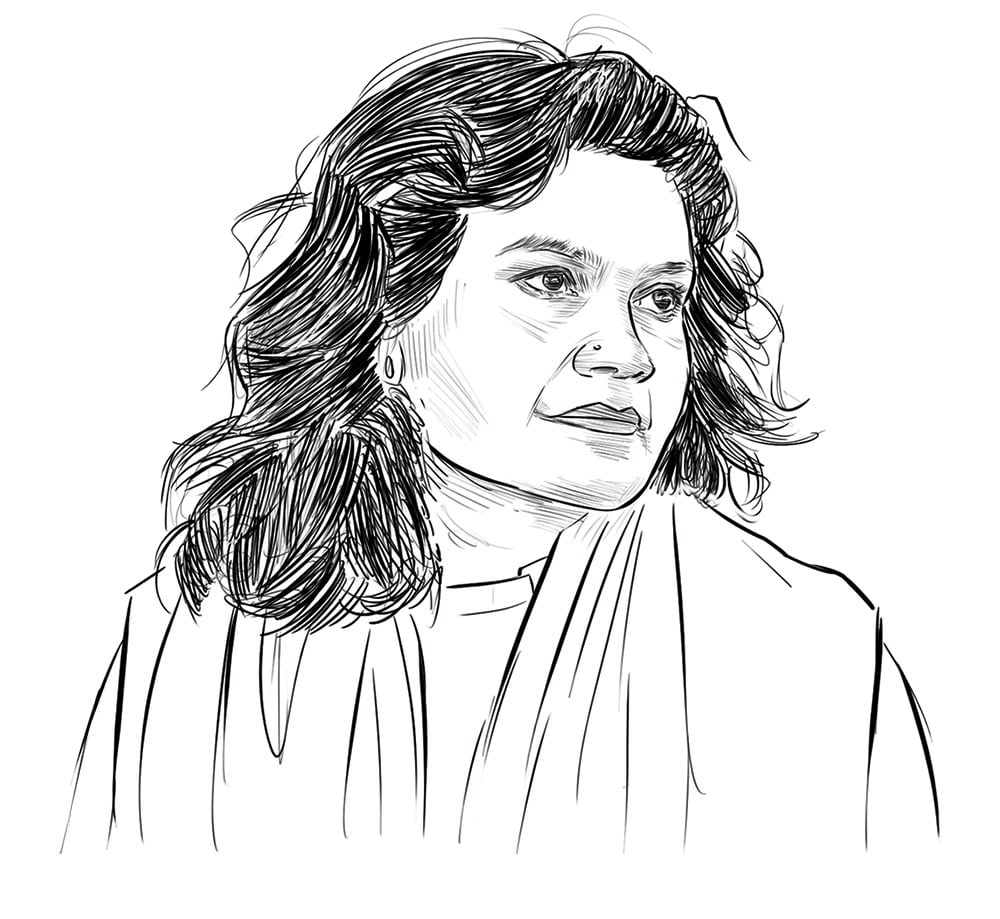

Anand Grover is a Senior Advocate practicing in the Supreme Court of India and the Director of the Lawyer’s Collective (India). He has argued several cases including the rights of people living with HIV, decriminalising homosexuality, sexual harassment at the workplace, patent cases to make medicines accessible in developing countries.
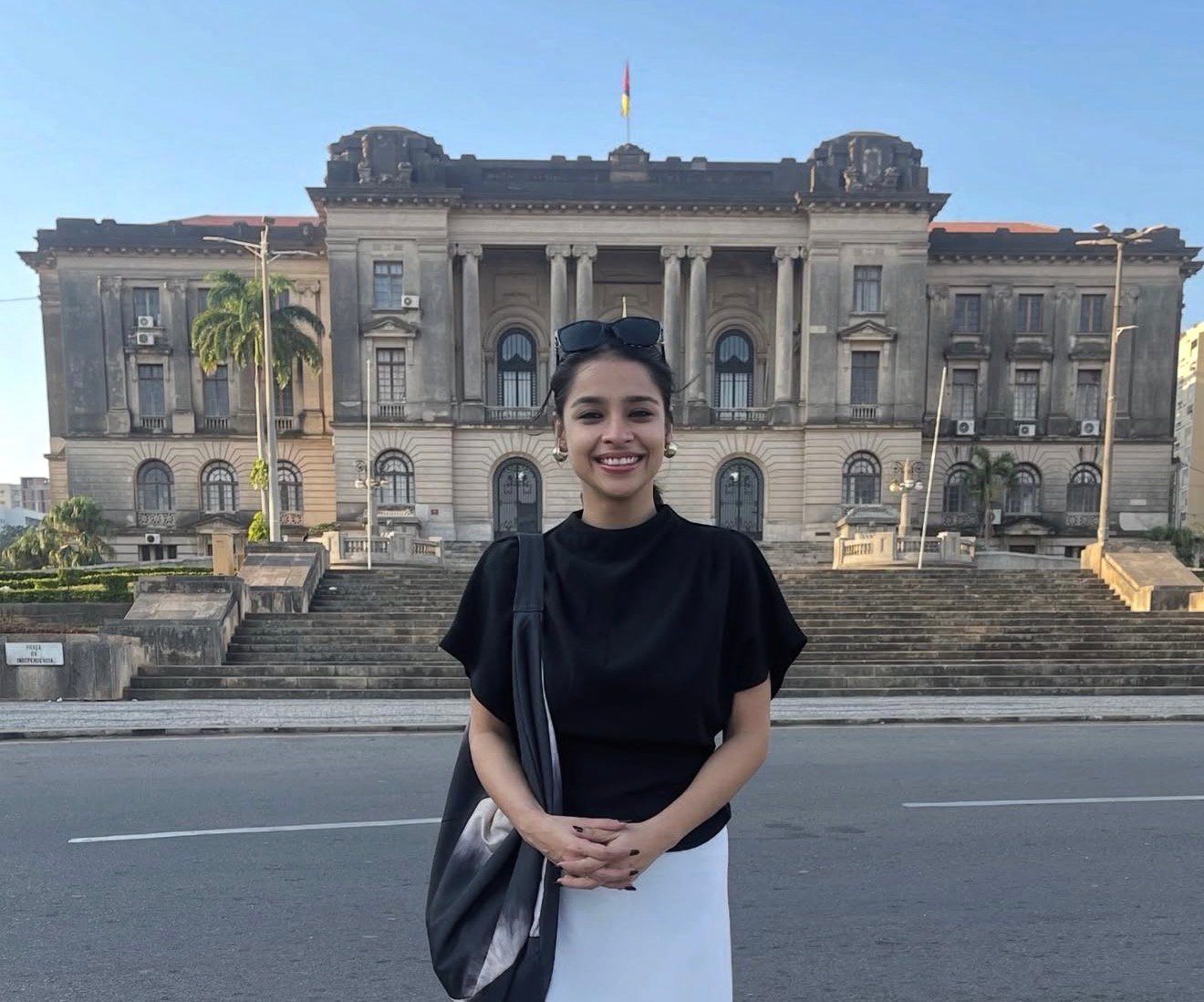
Dr. Avantika Tewari is as an Assistant Professor of Political Theory at the Jindal Global Law School.
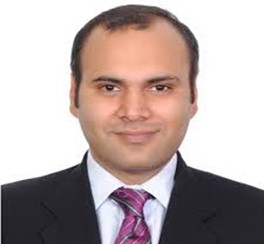
Managing Director & CEO, Universal Trustees

CEO Kalinga Literary Festival

Abdul Wahid Shaikh is one of the accused in the 7/11 Mumbai Bomb Blasts, and is a lawyer, activist and author of the book 'Begunah Qaidi'
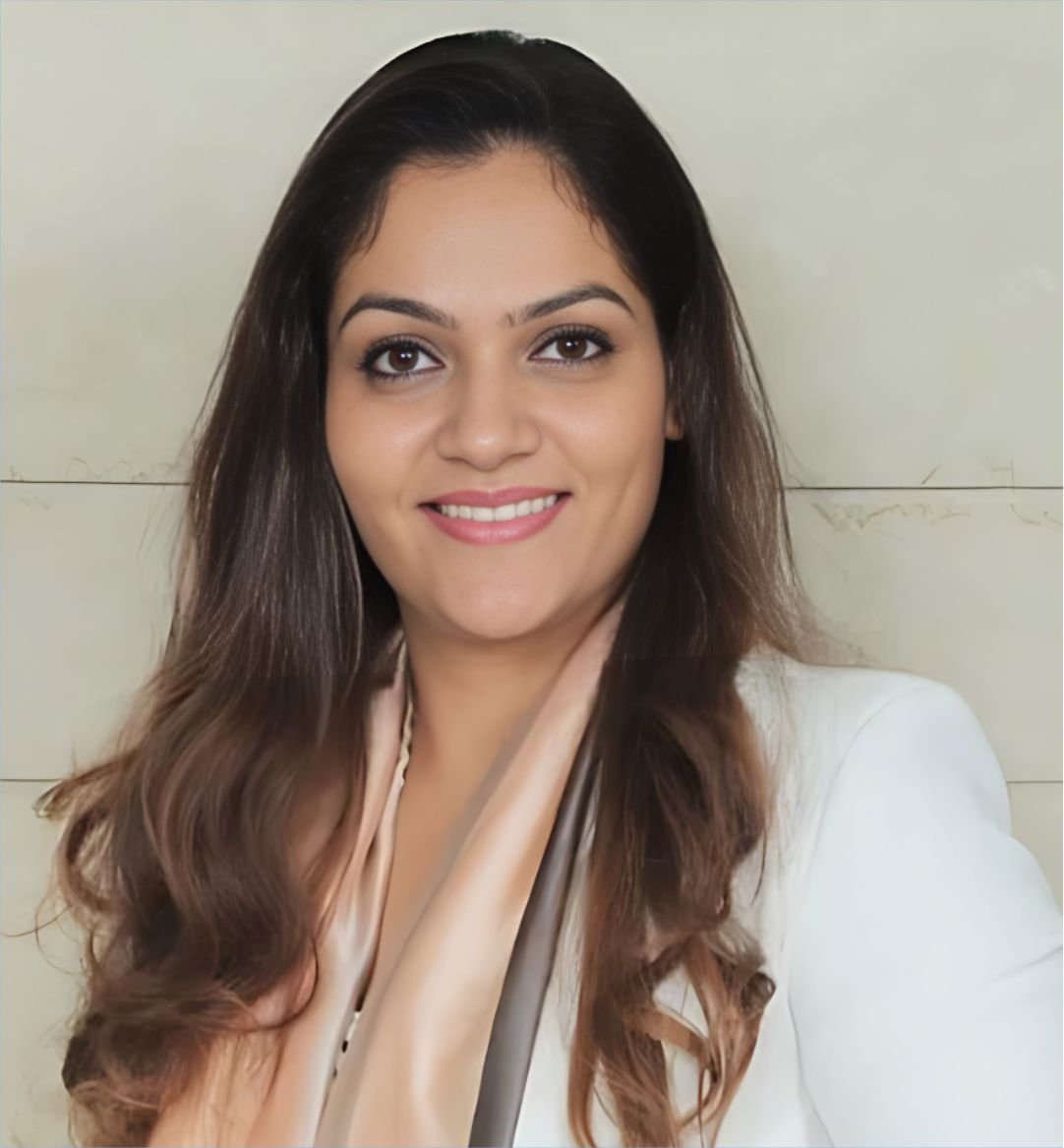
Director, Manglam Group

Arjun Mehta, a fourth‑generation photographer and Partner at Mahatta & Co., carries forward the legacy of one of India’s oldest photography studios, founded in 1915. Based in New Delhi, he has helped modernize the family business while preserving its historic archives that span India’s political and cultural milestones. Passionate about extending the legacy beyond his generation, Arjun has expanded Mahatta & Co.’s scope—from wedding photography in India and abroad to ventures like stock imagery and film production—keeping the century‑old institution relevant and deeply rooted in tradition.
